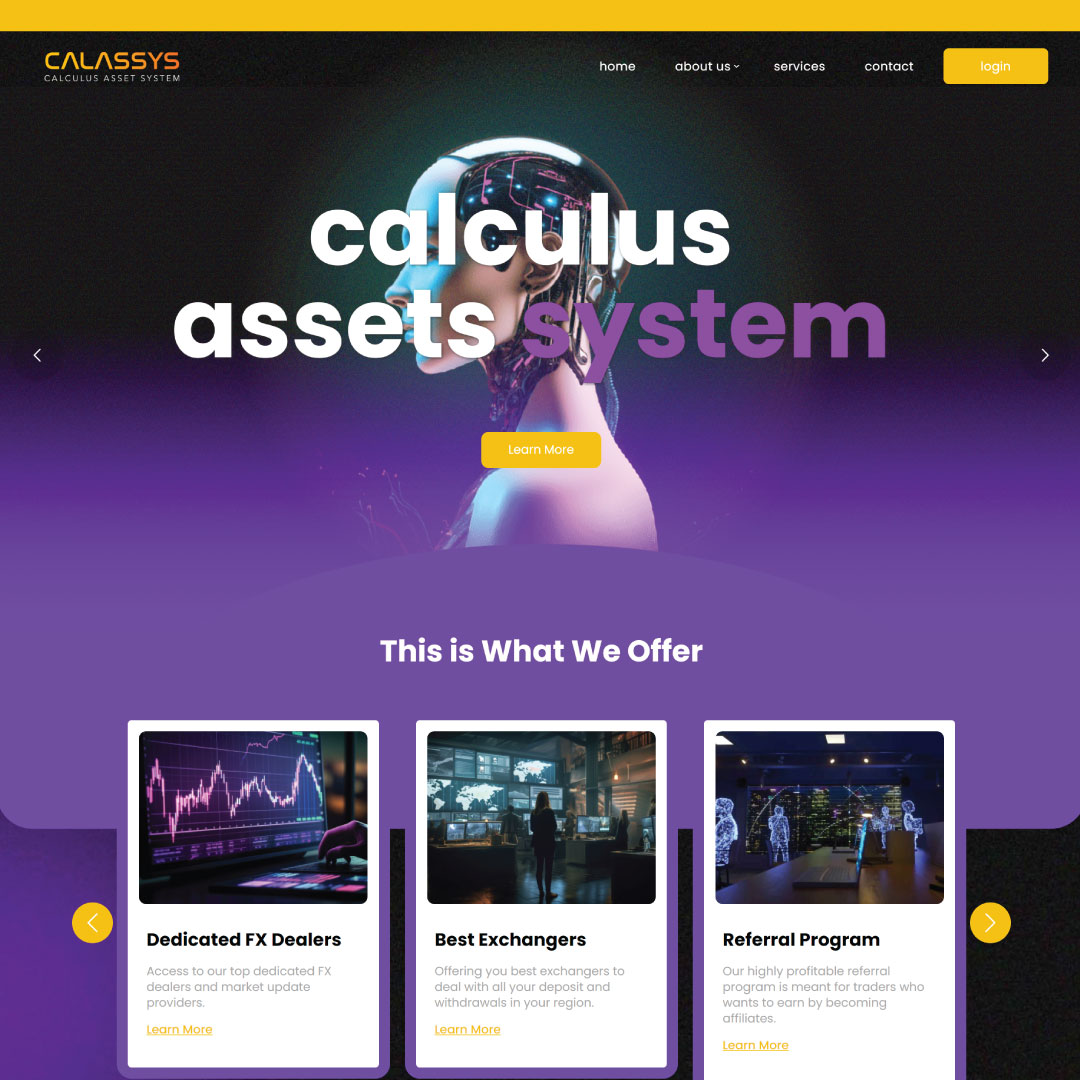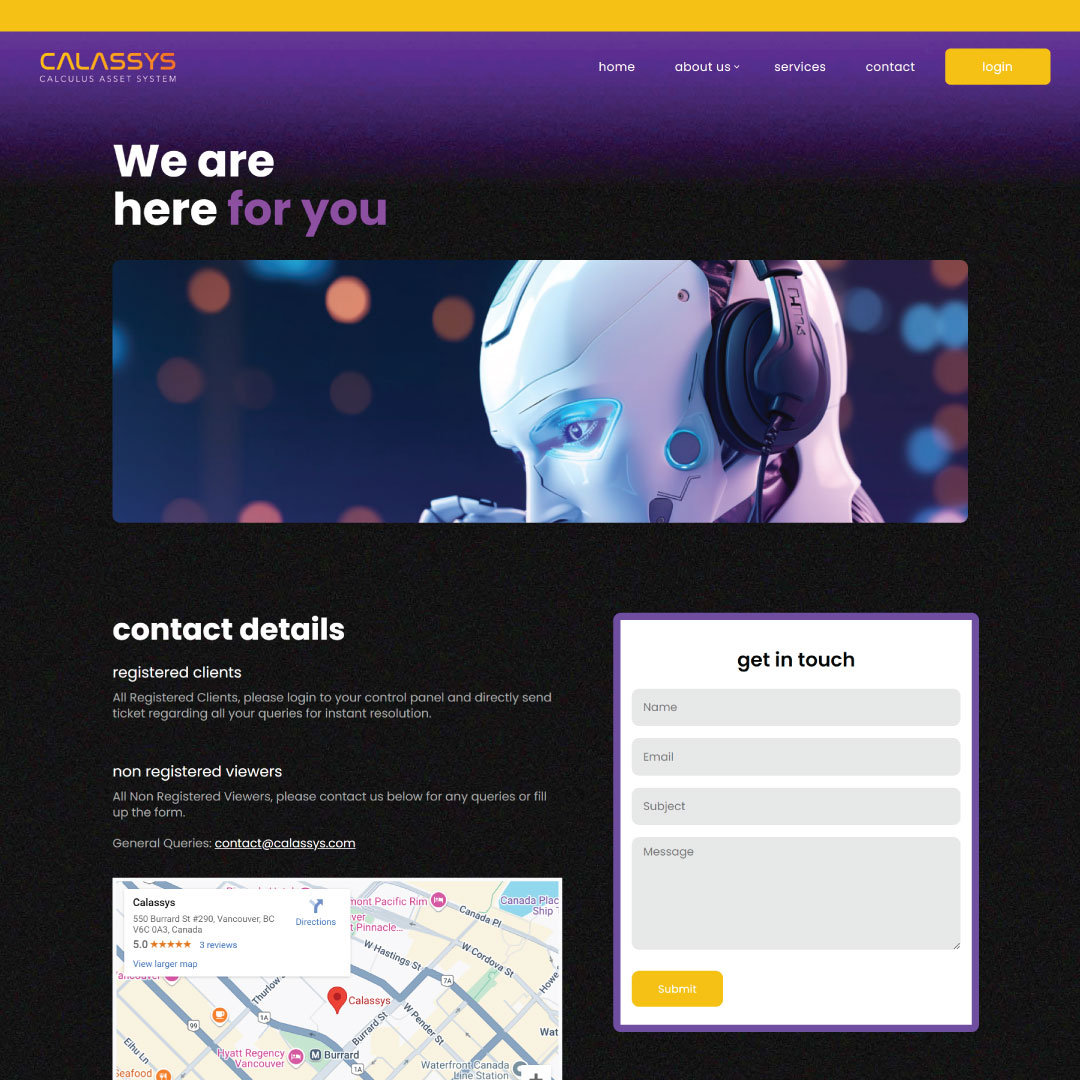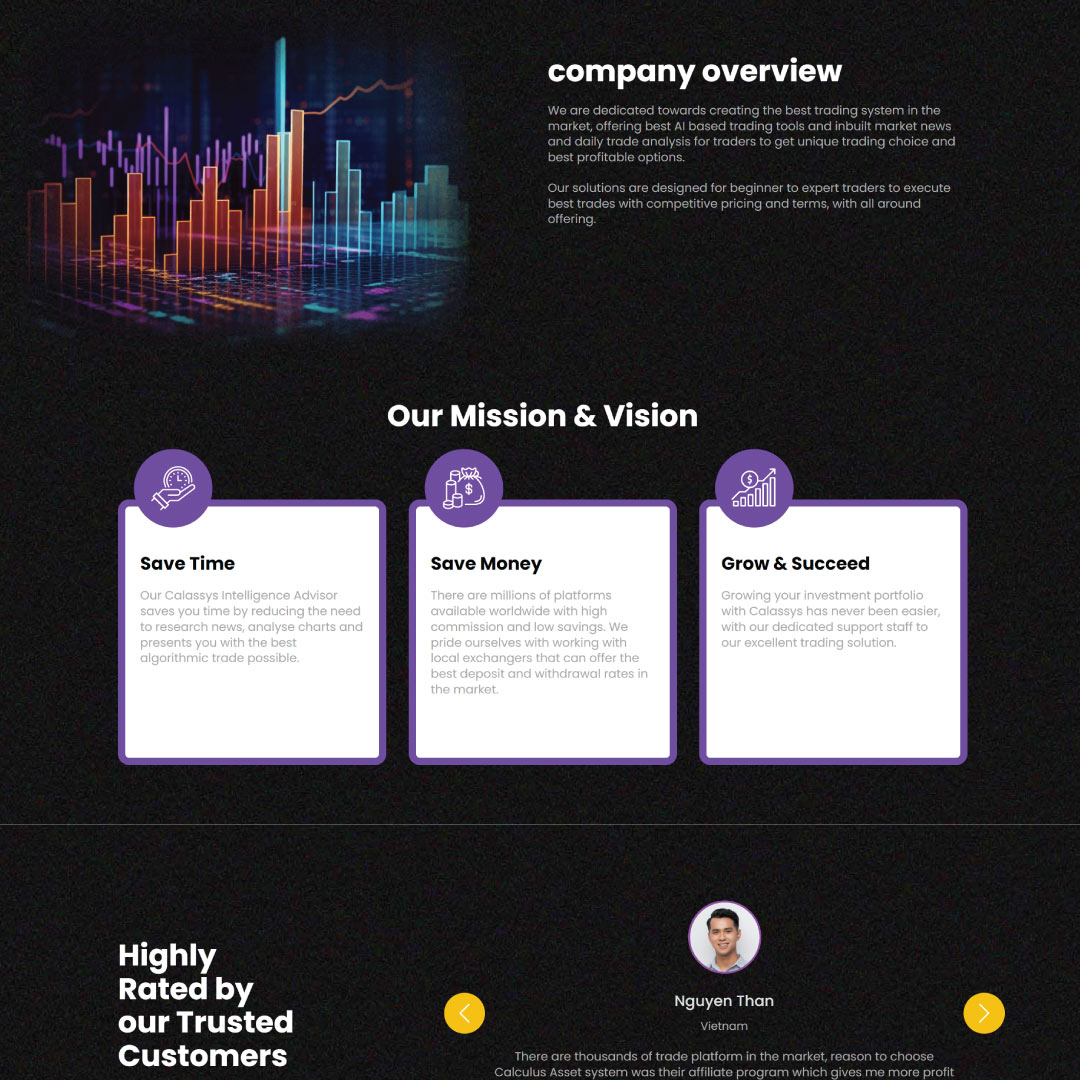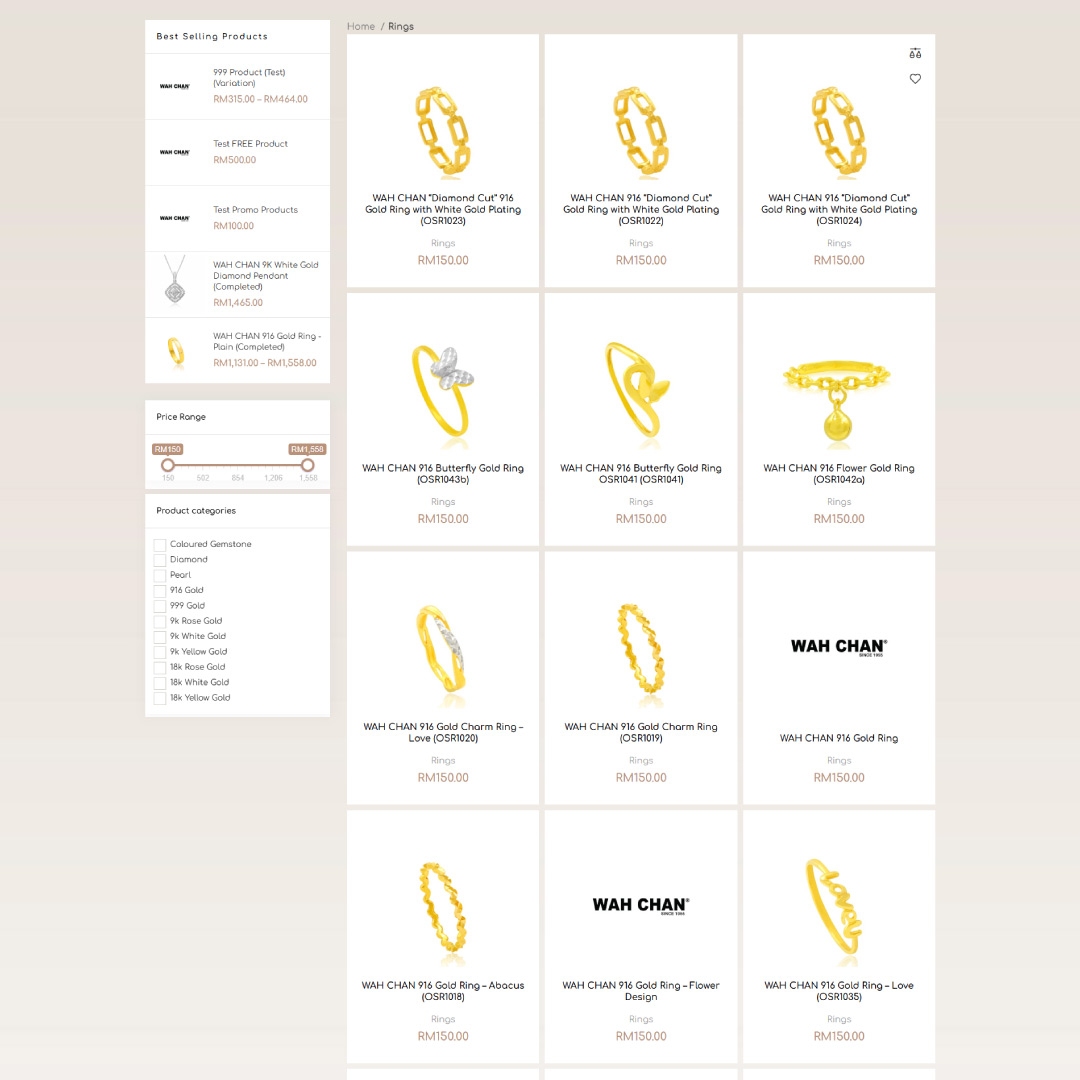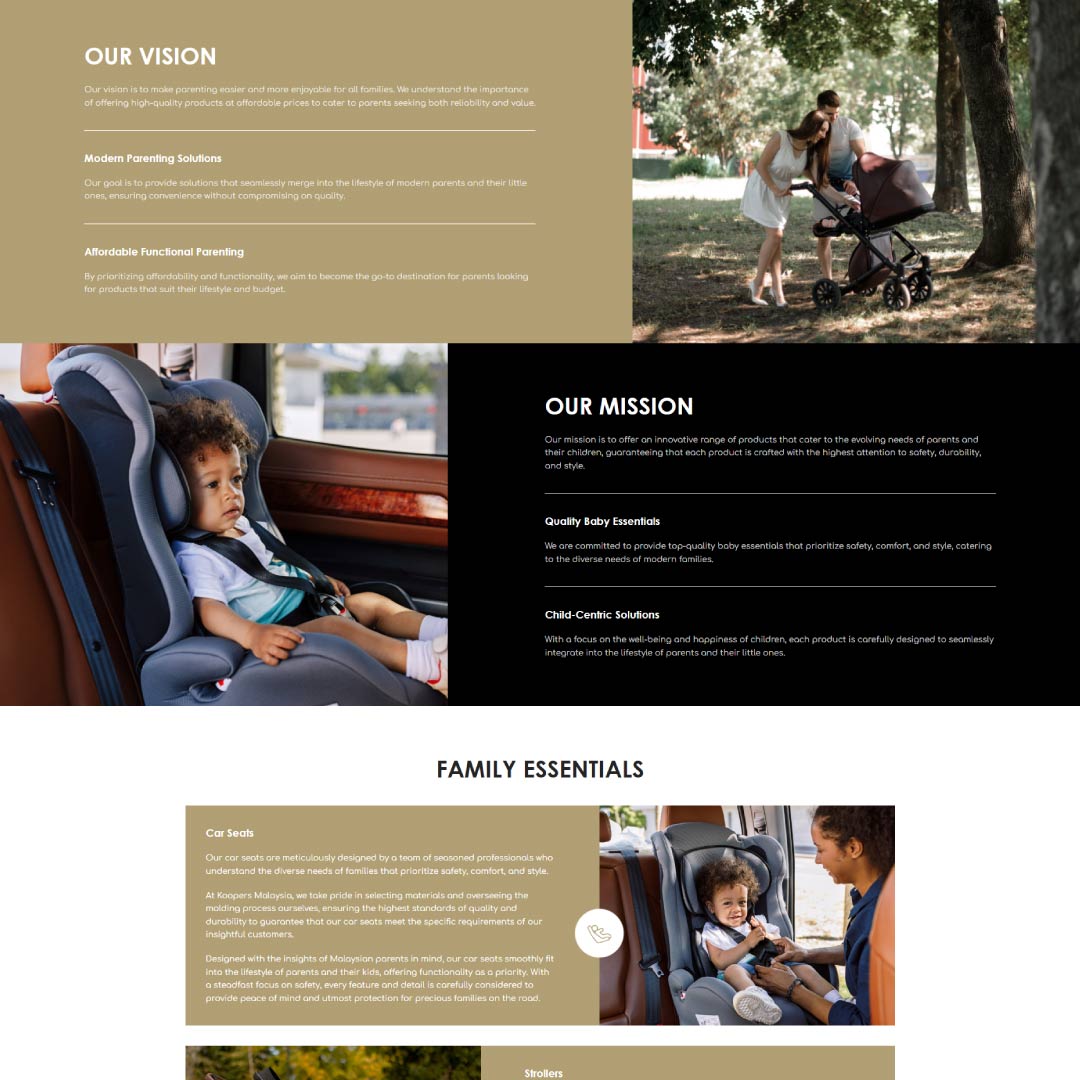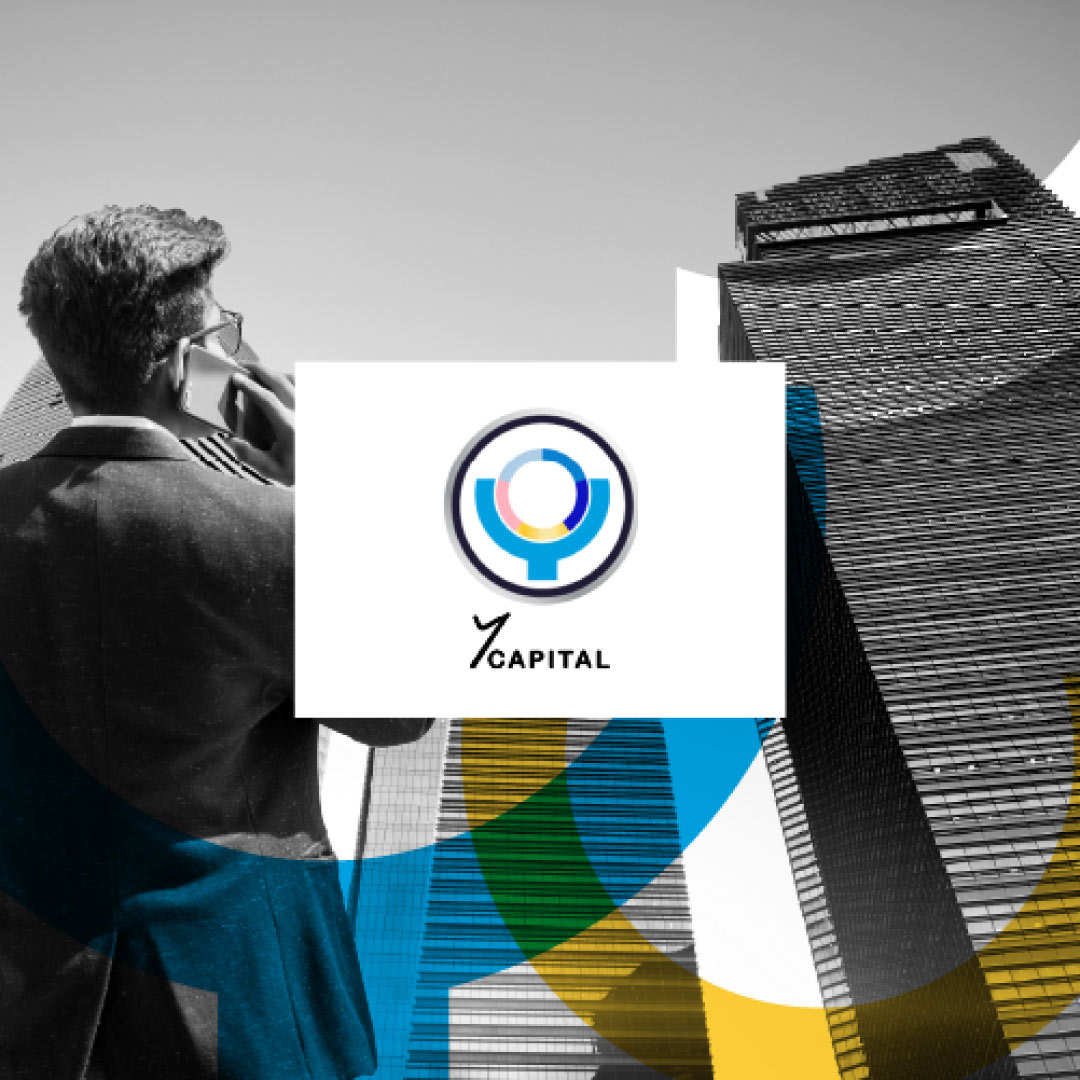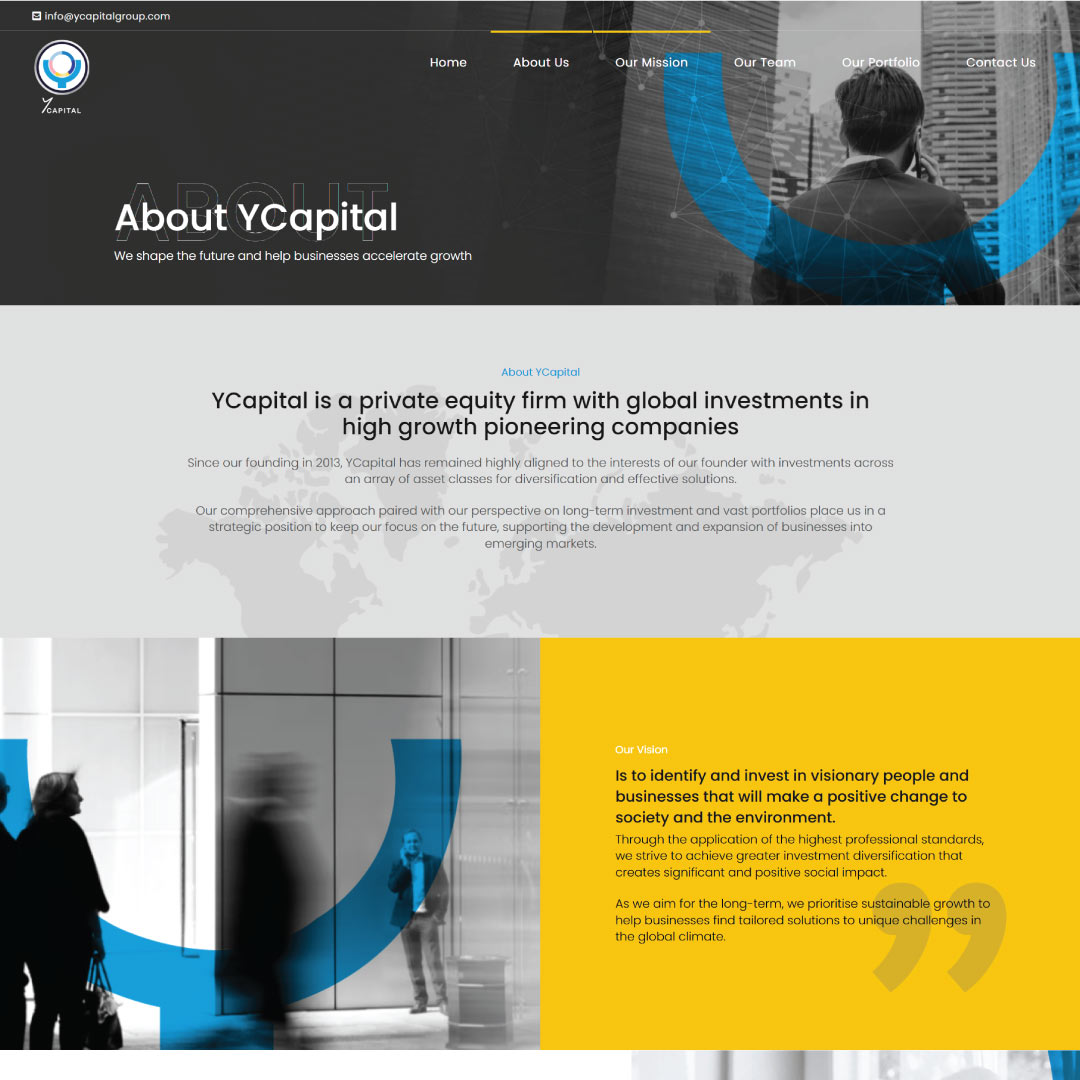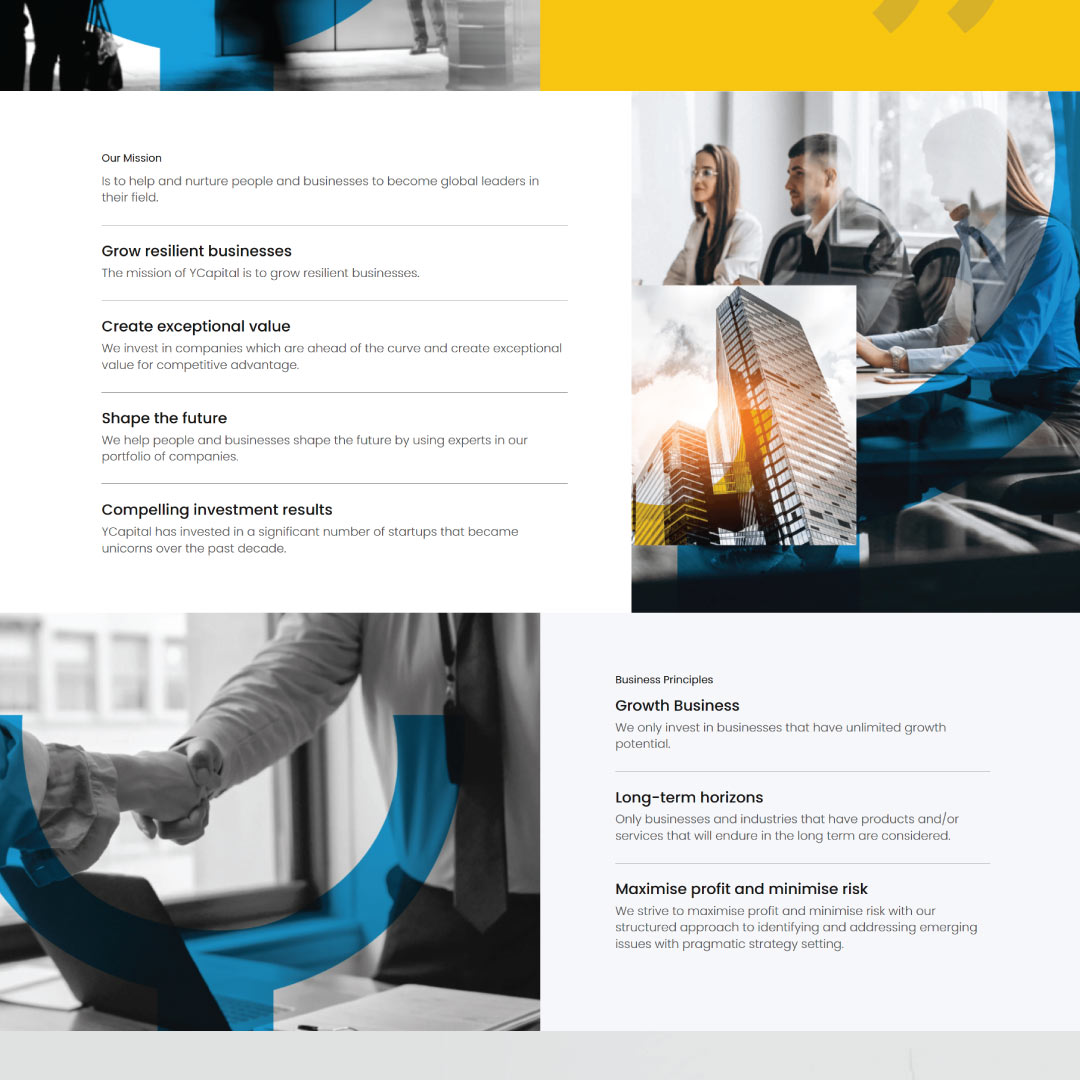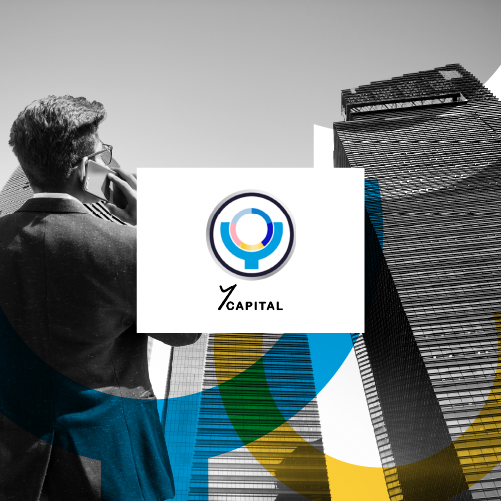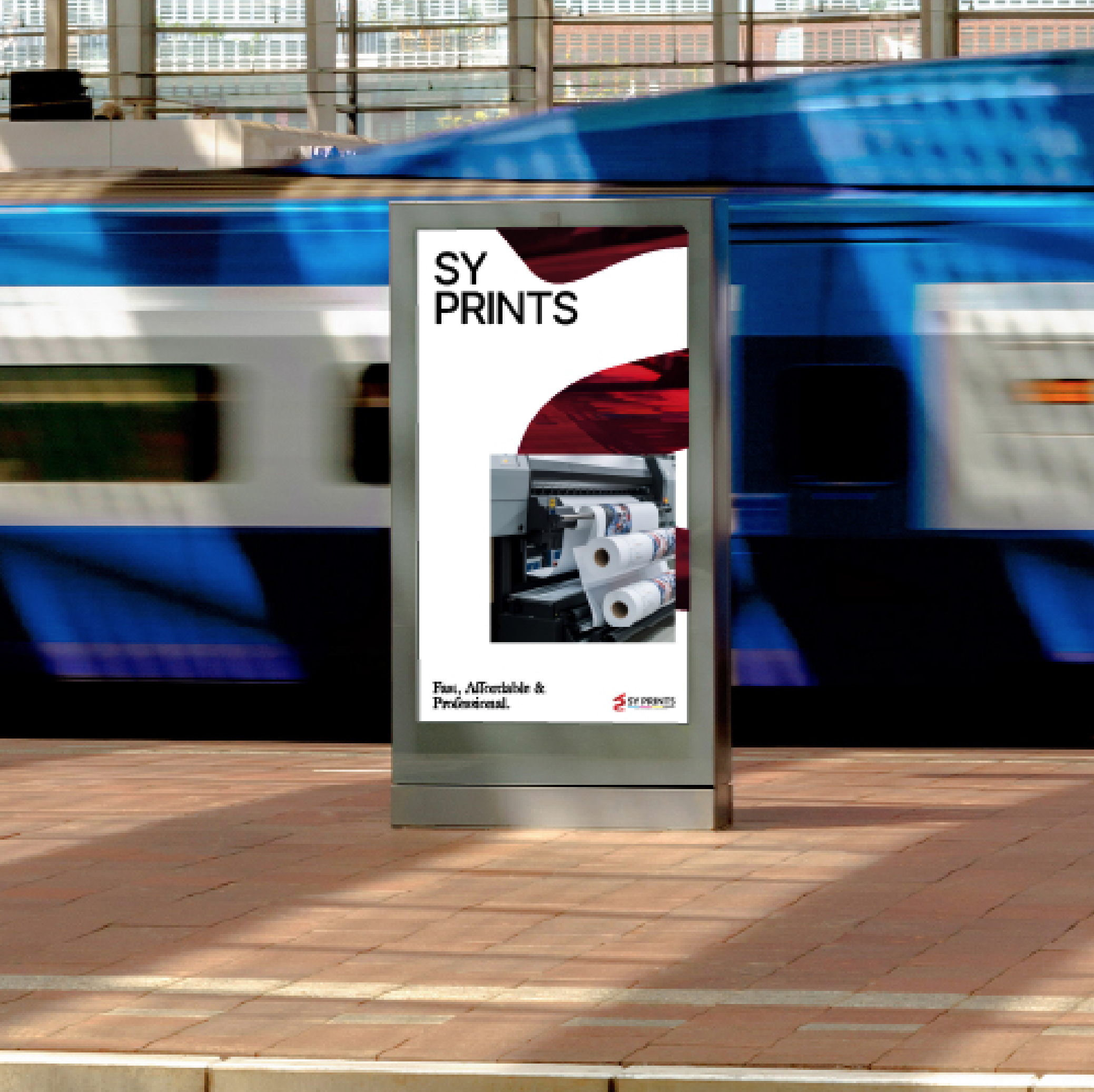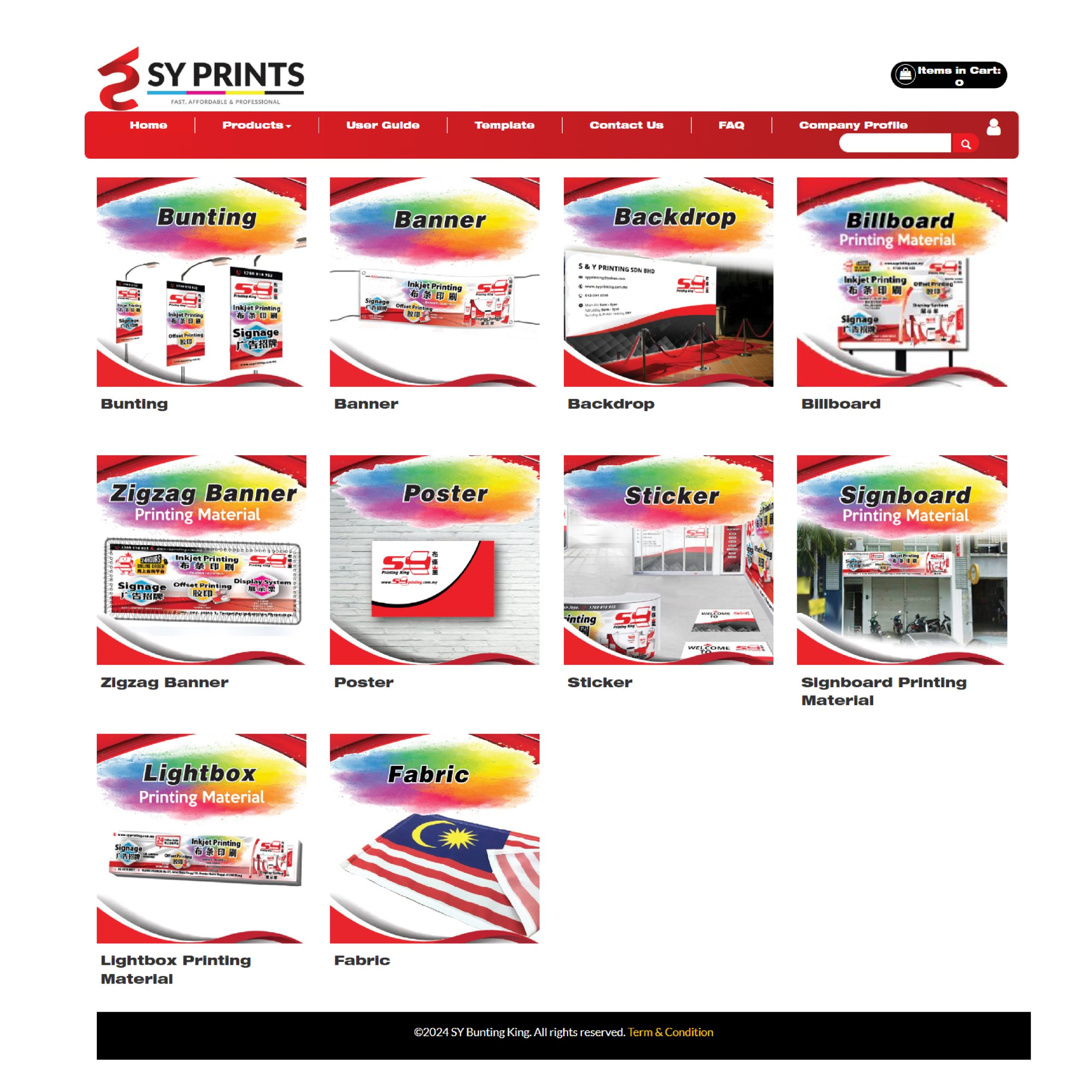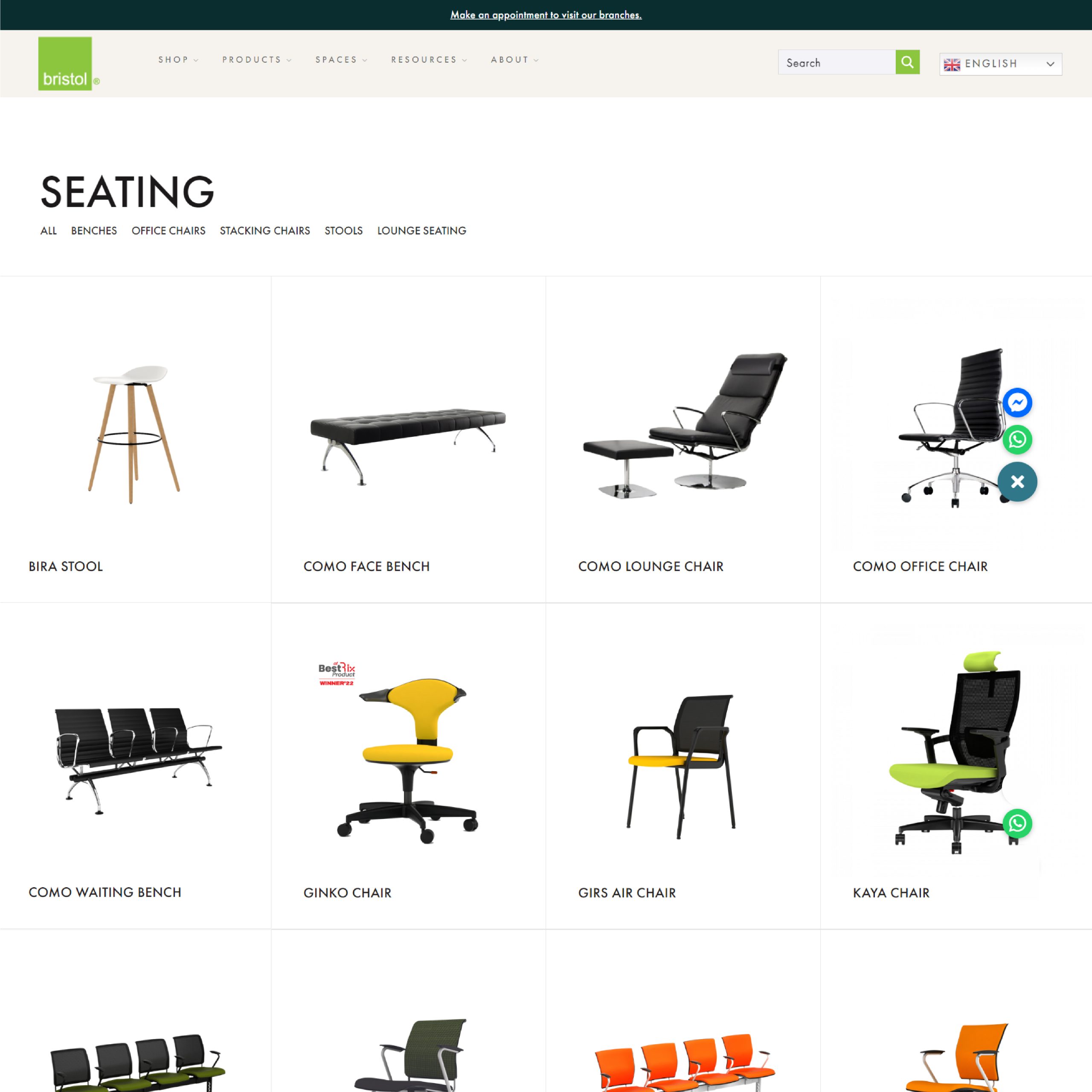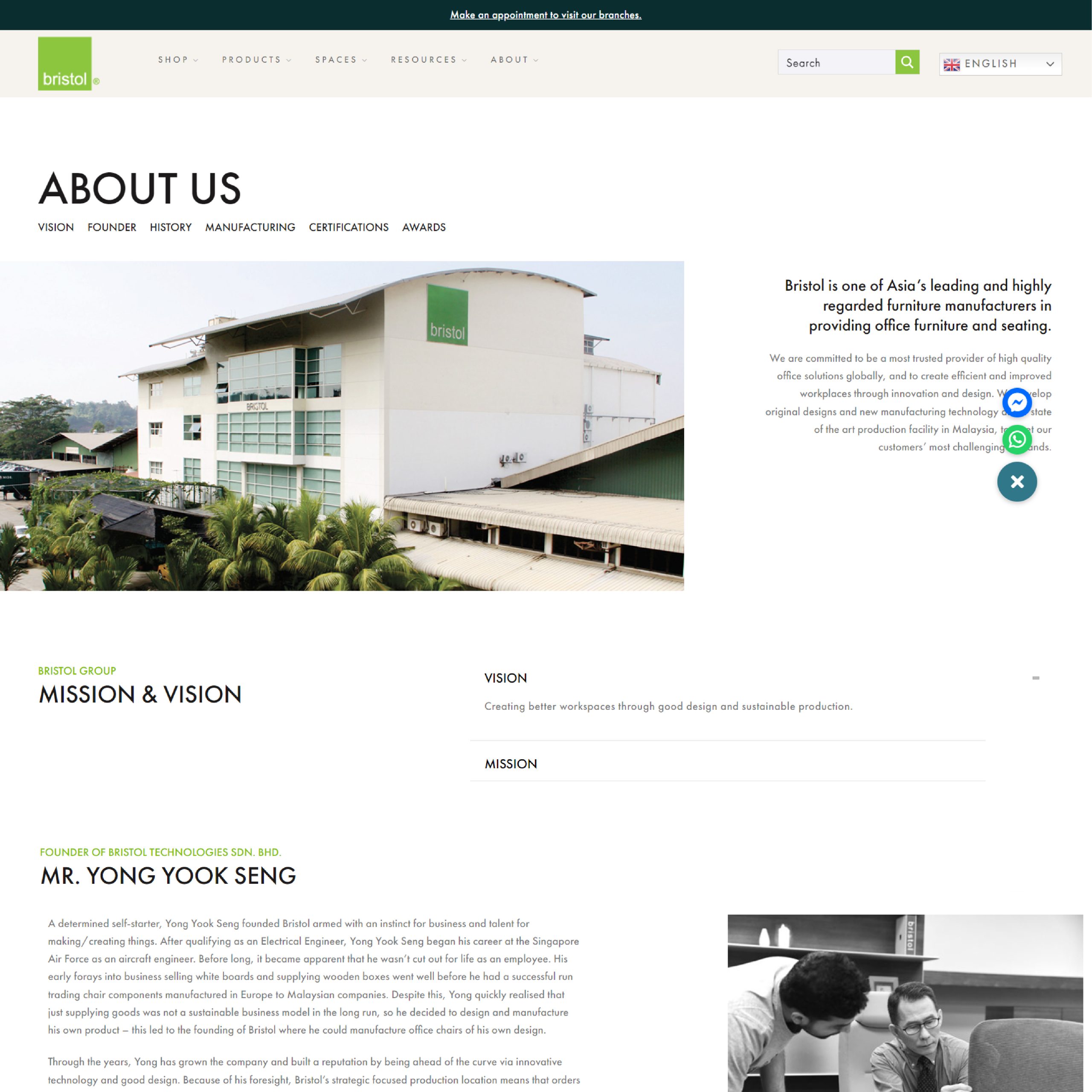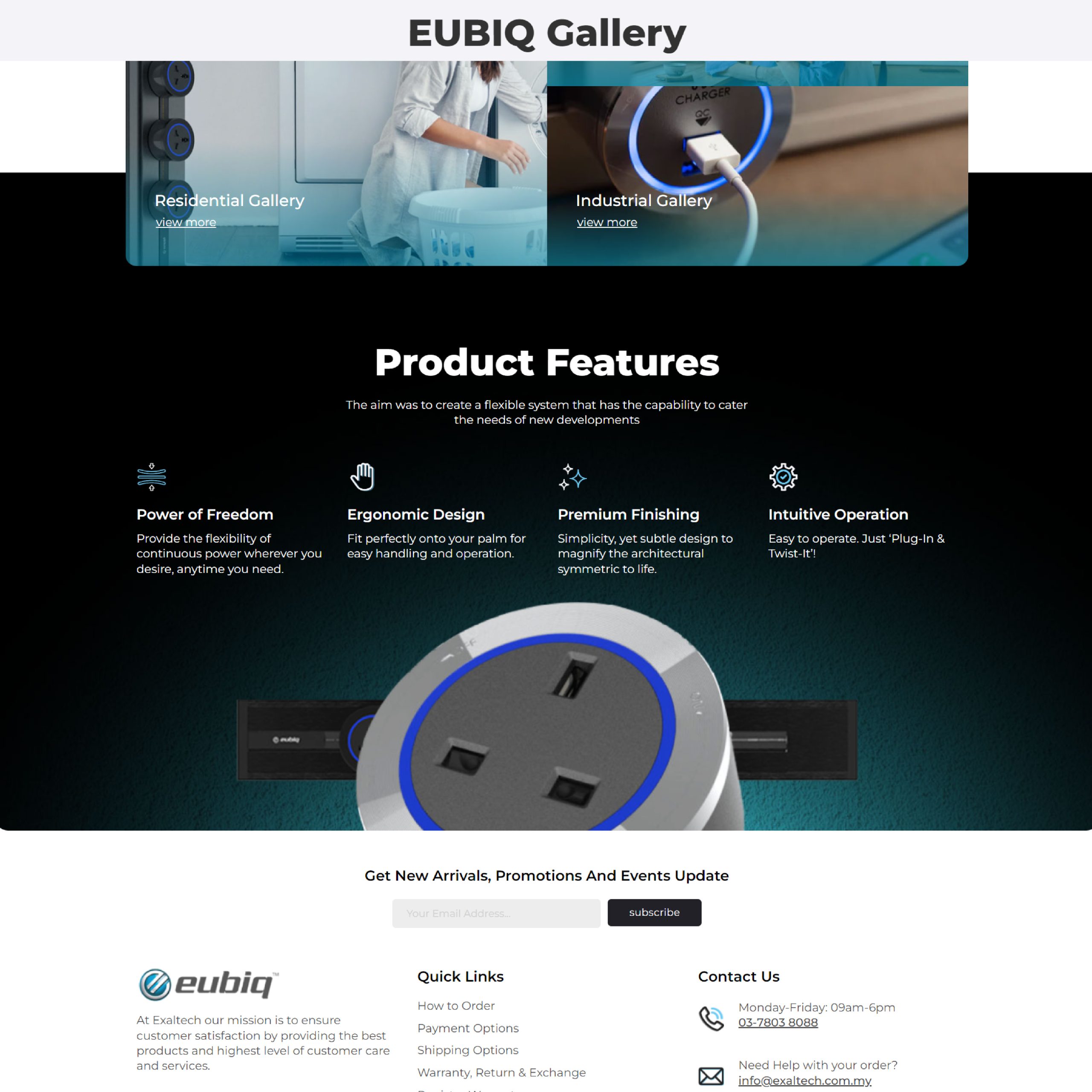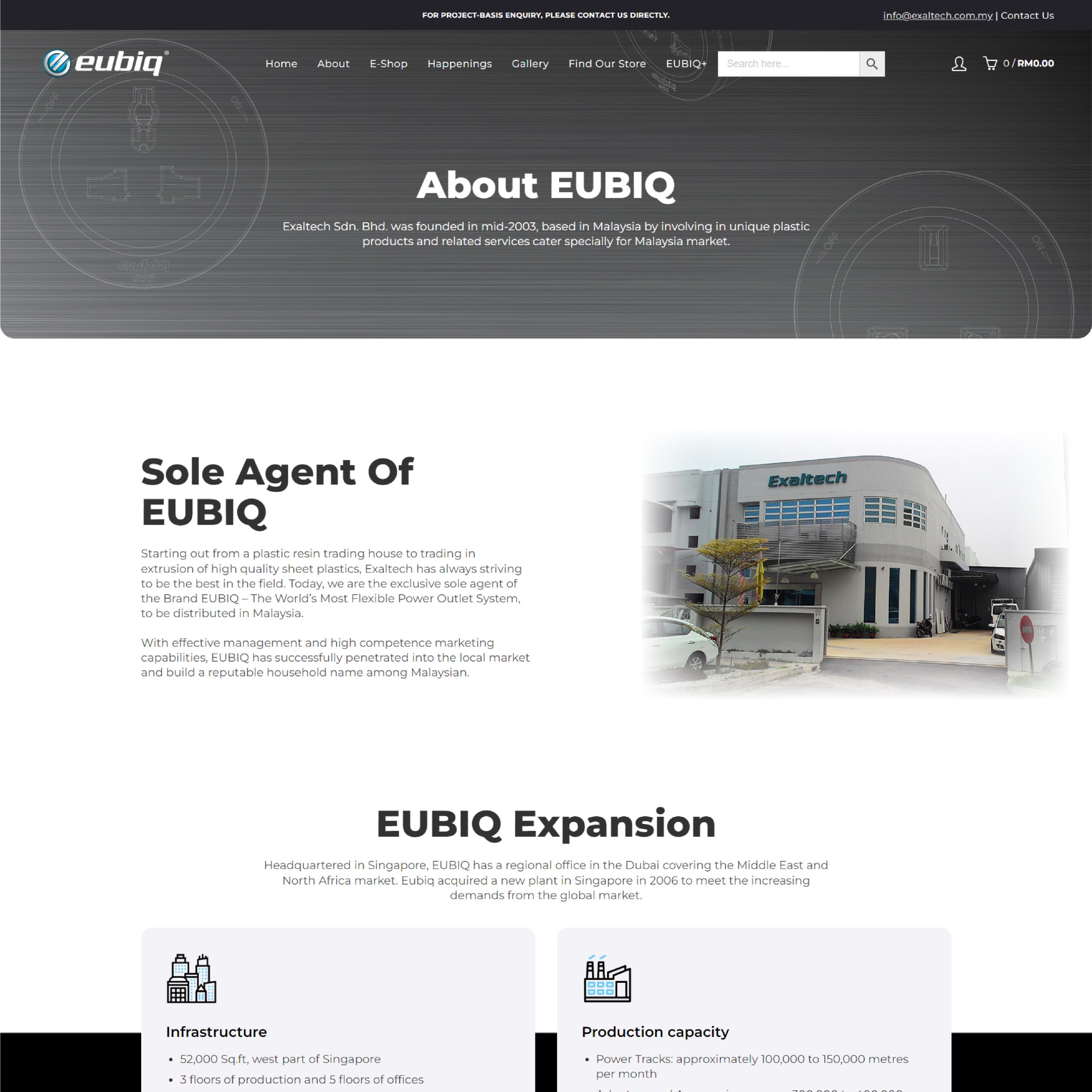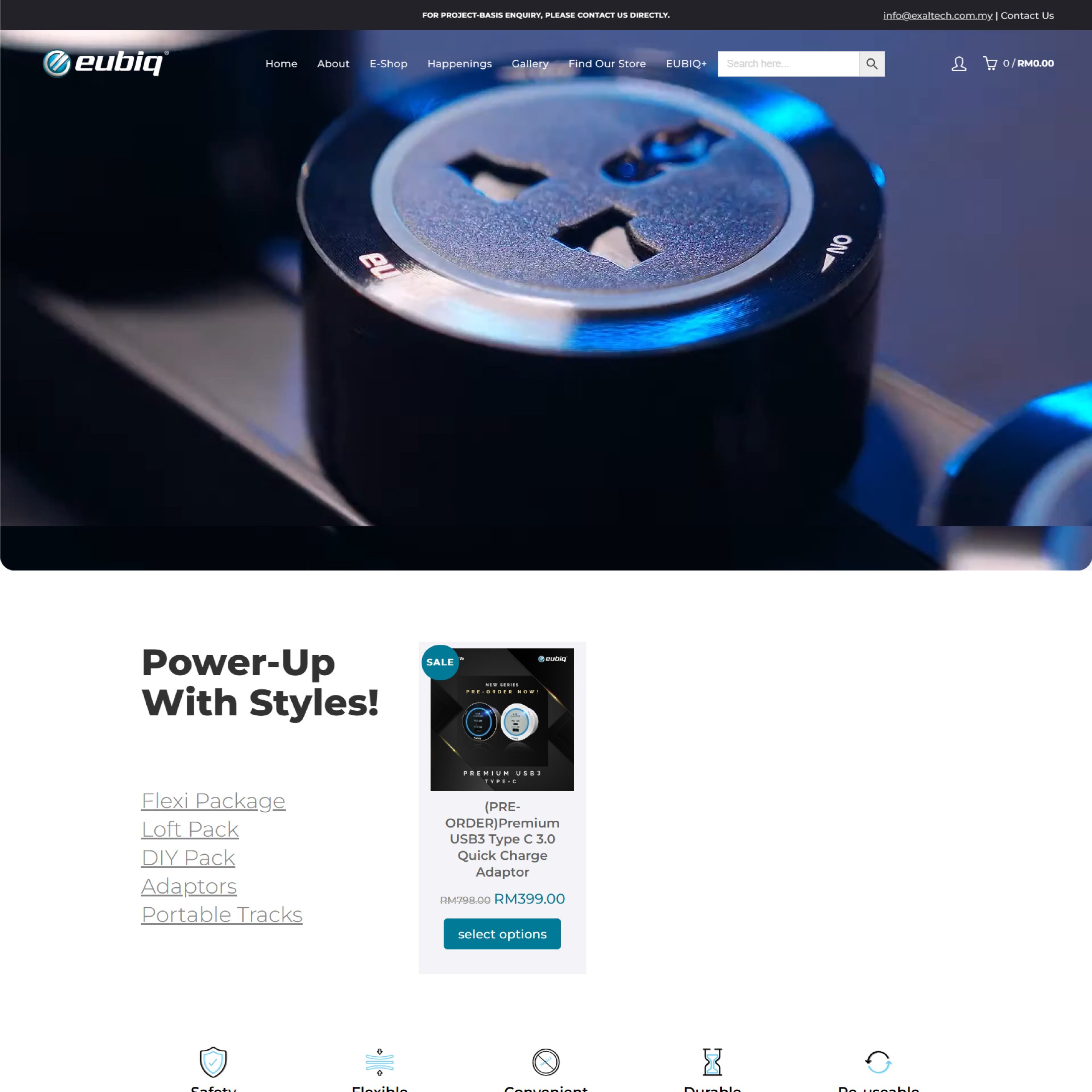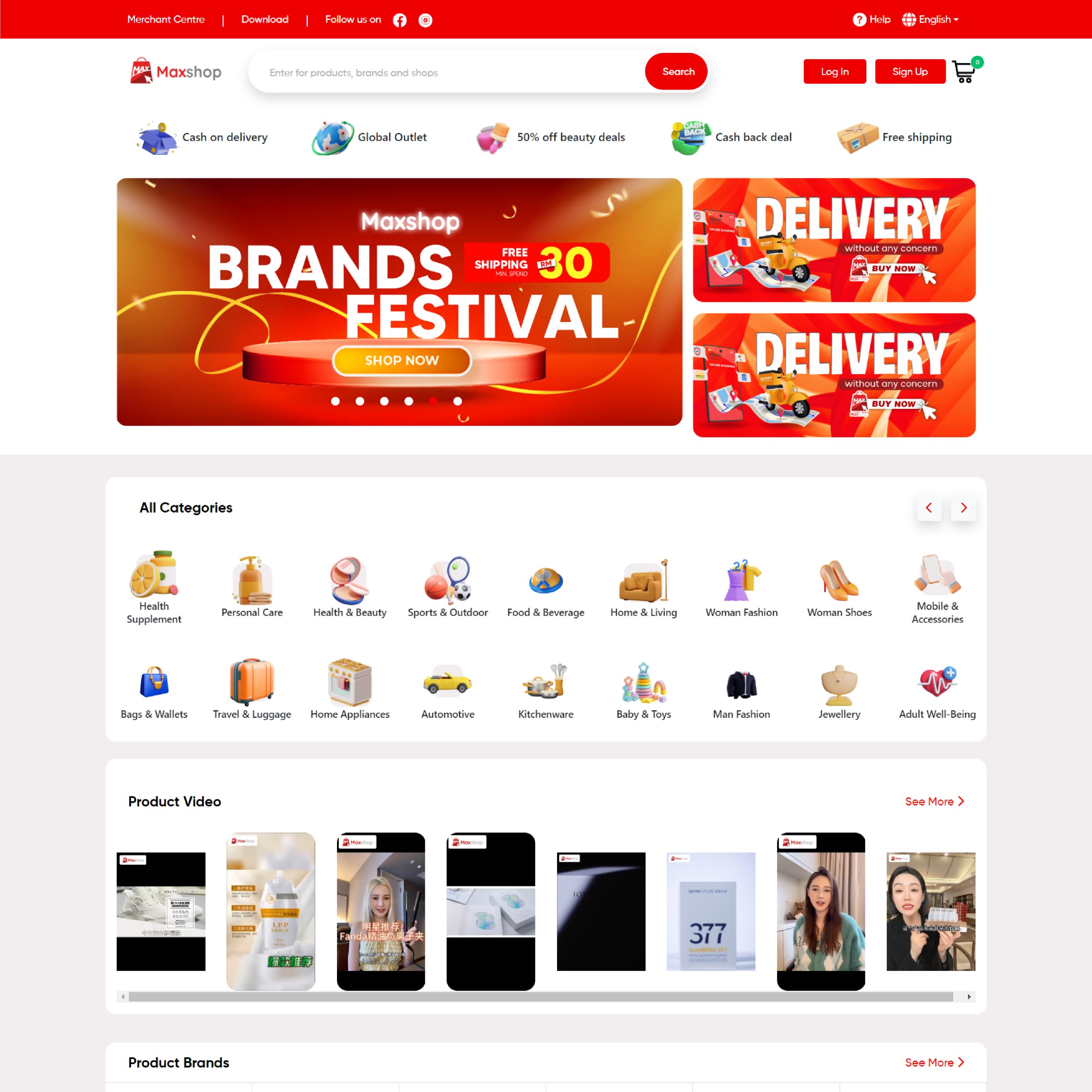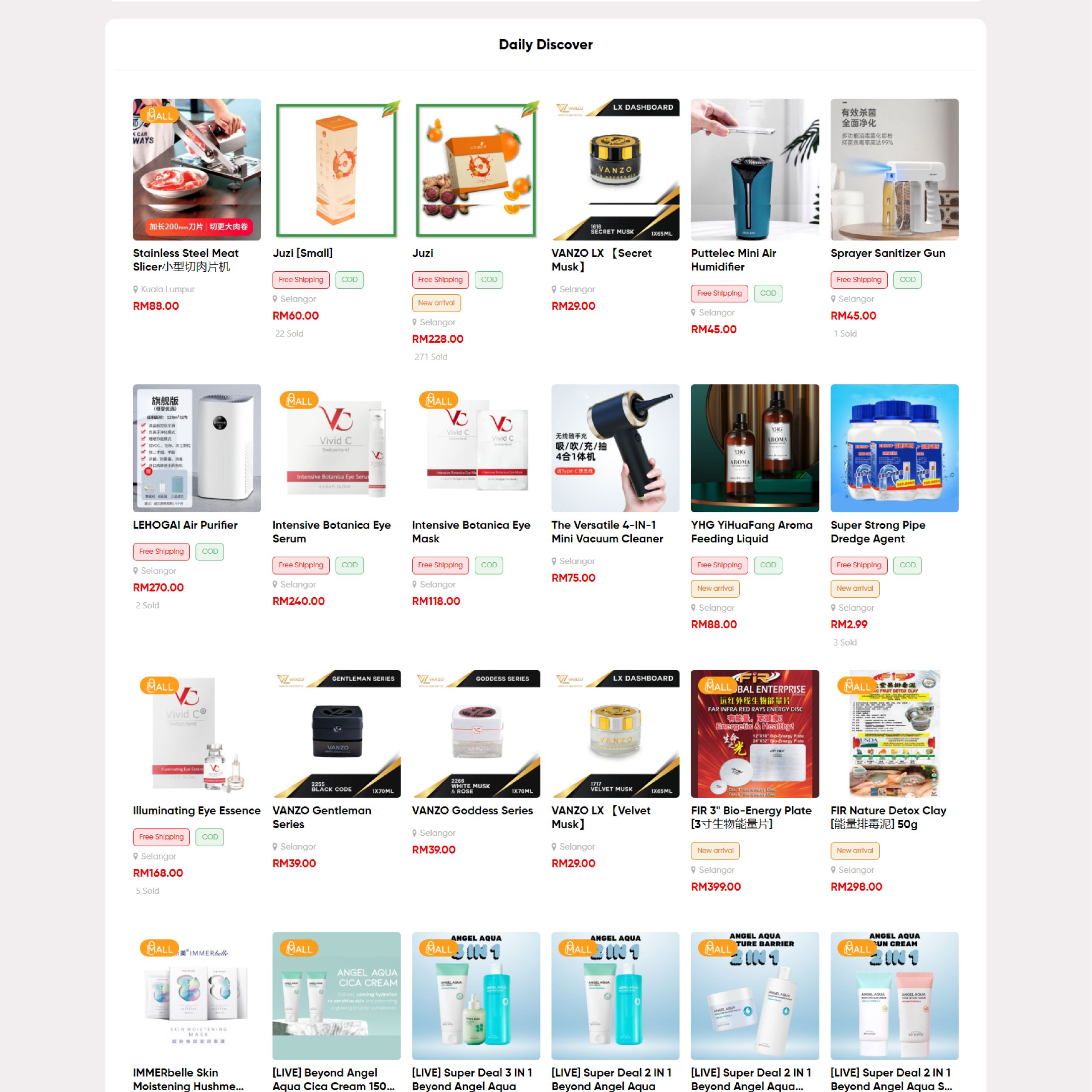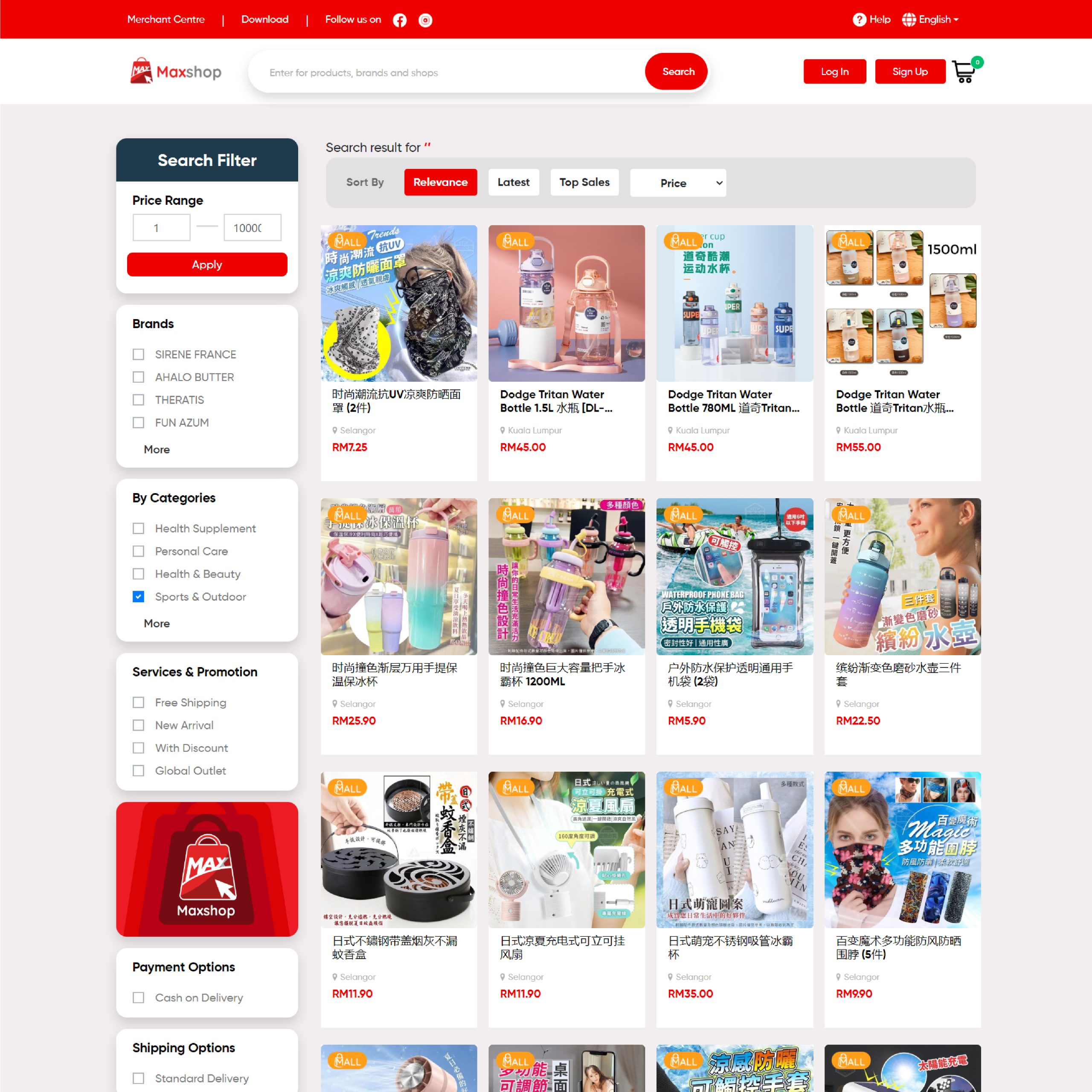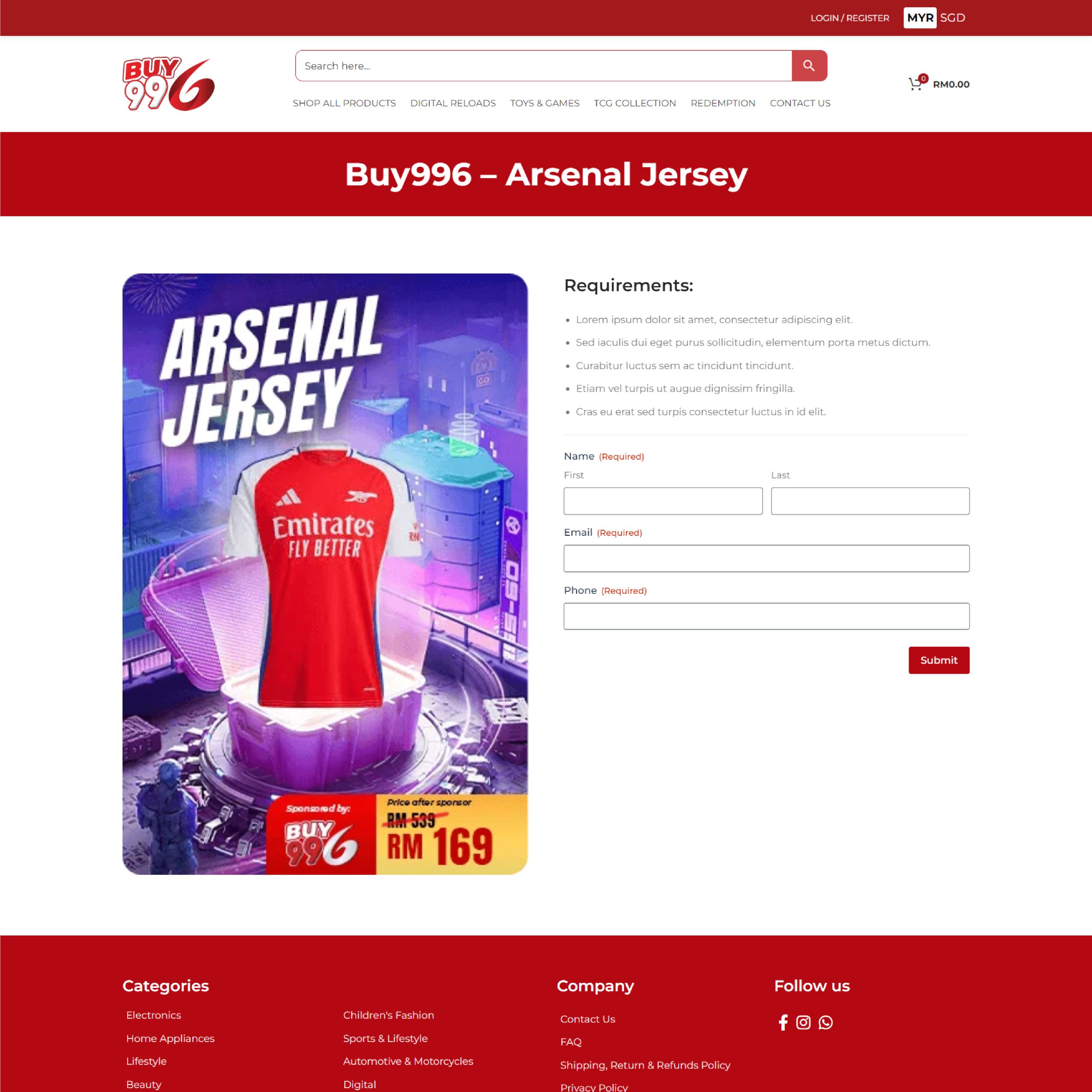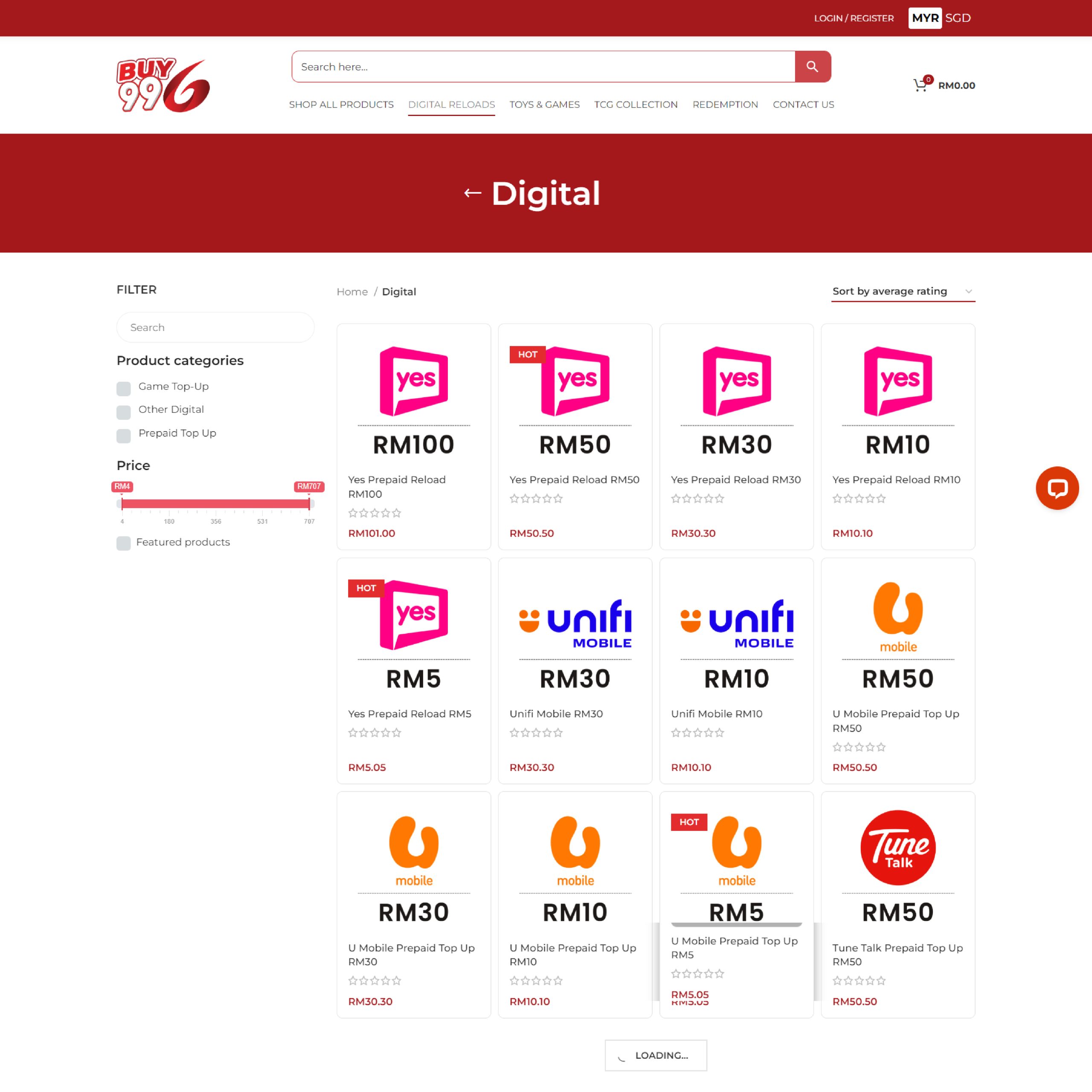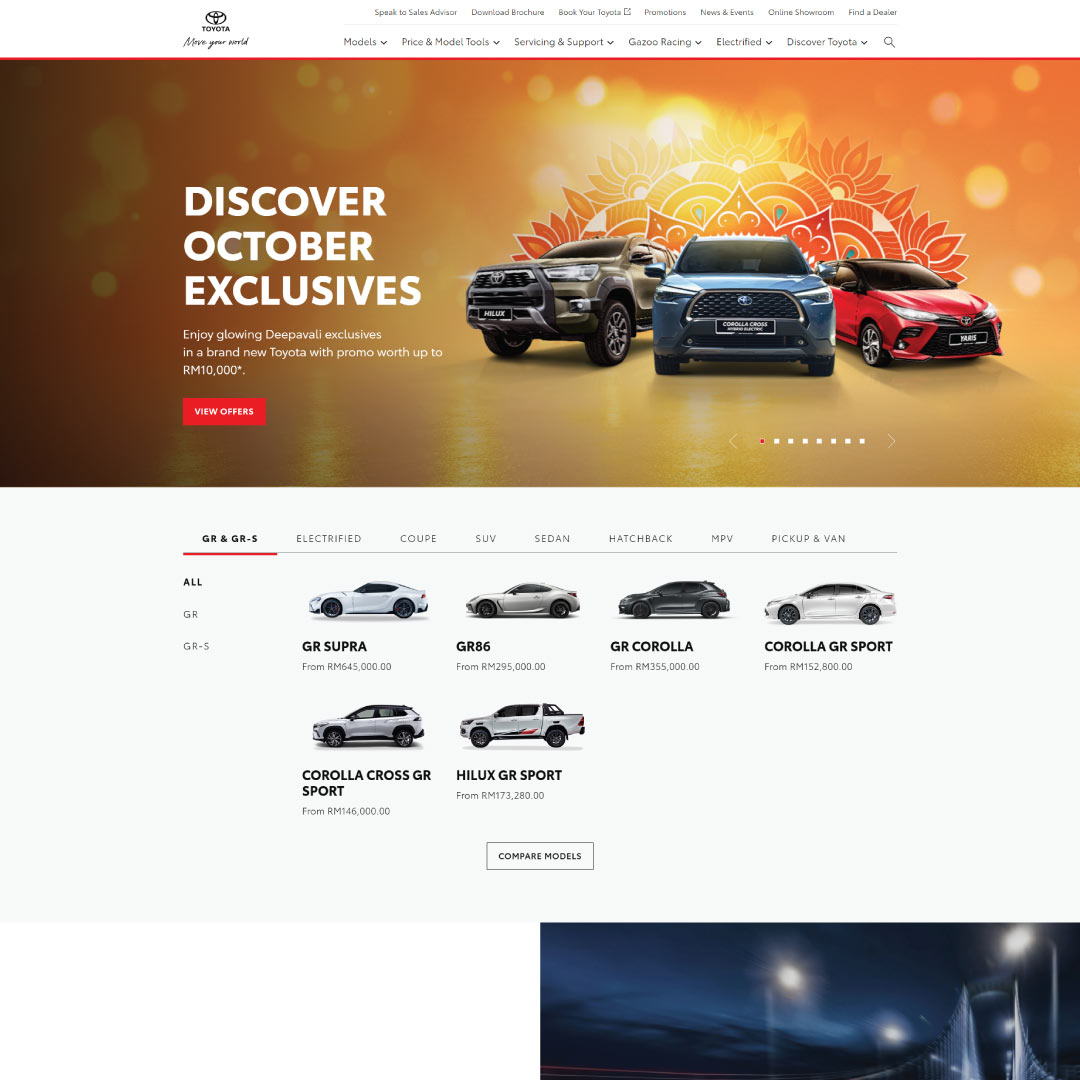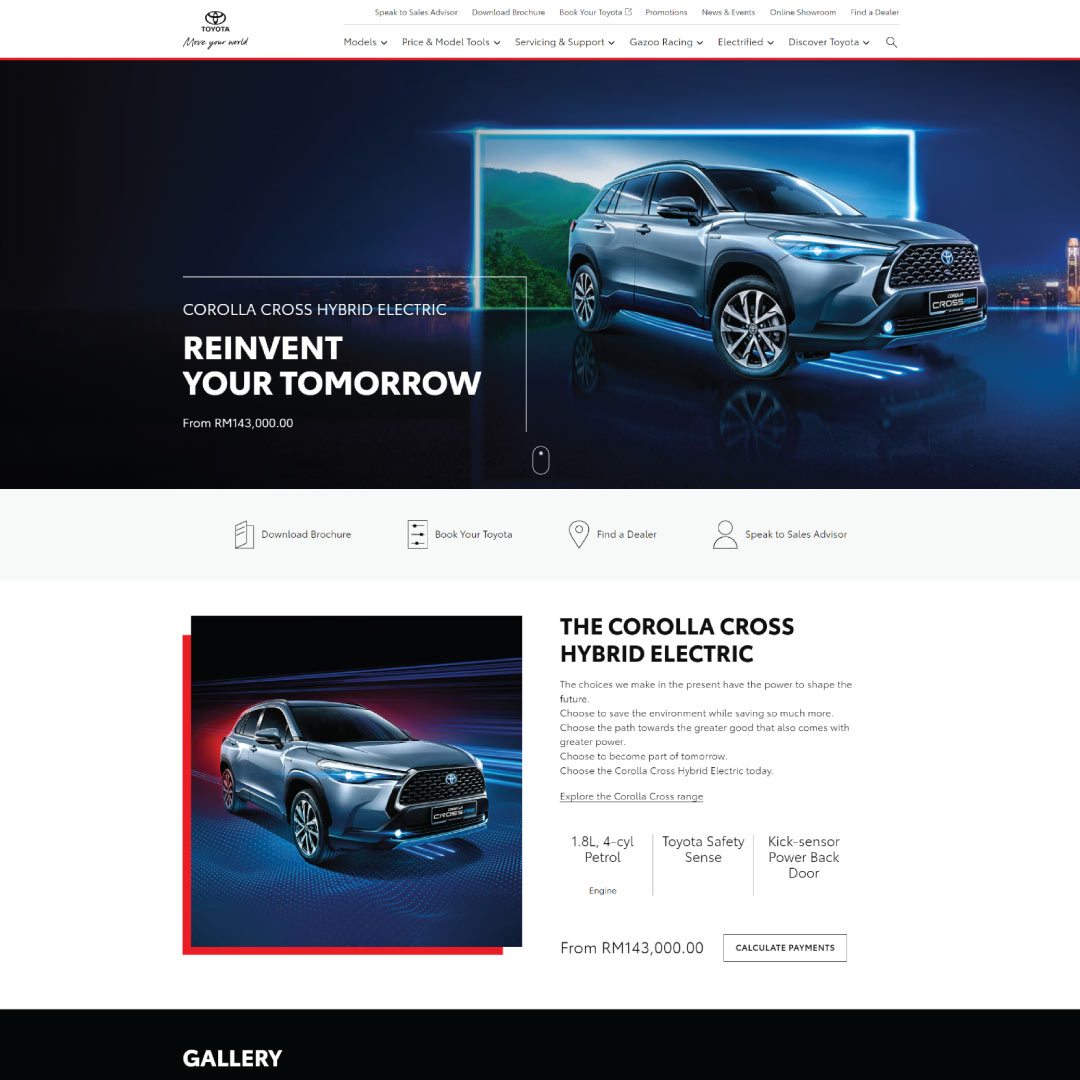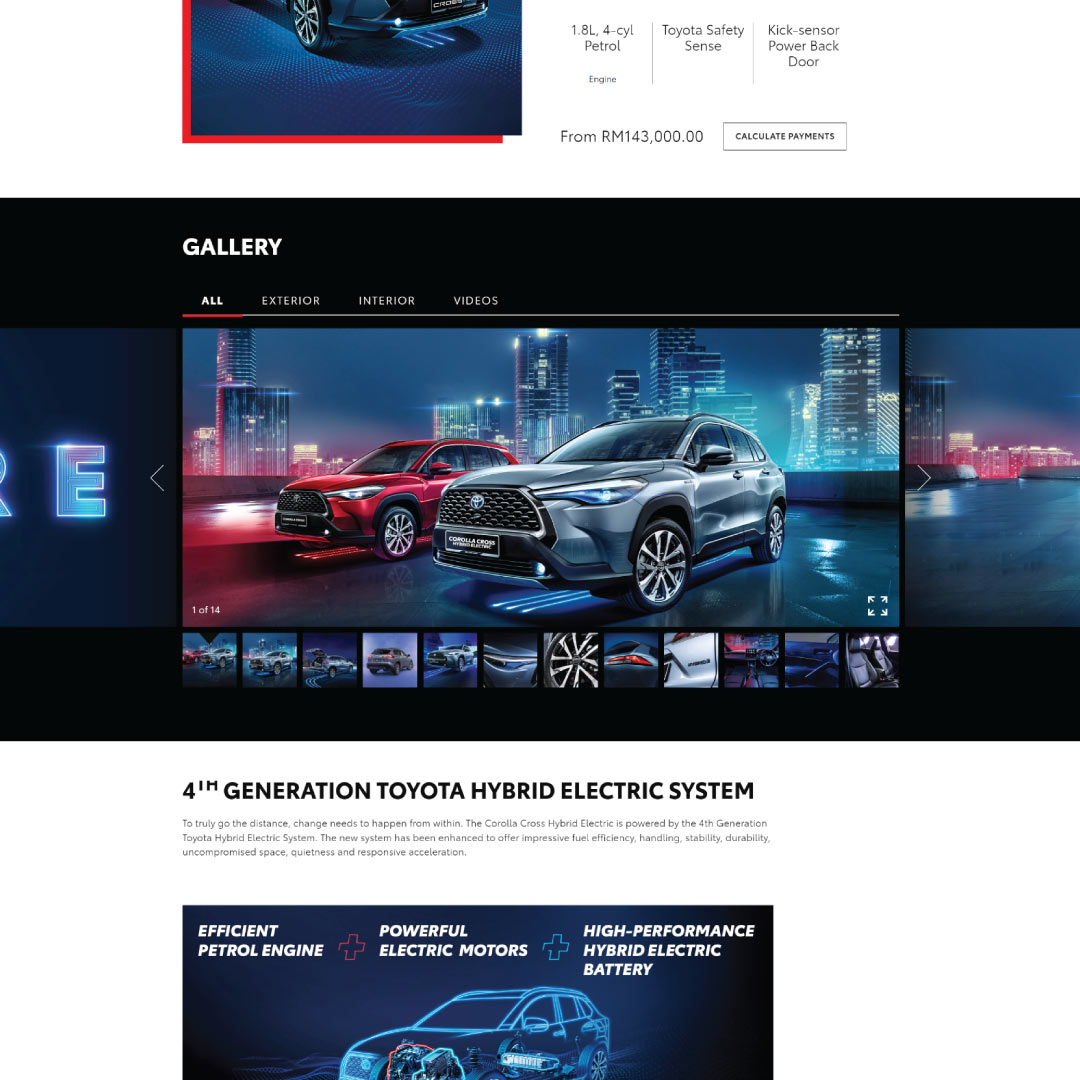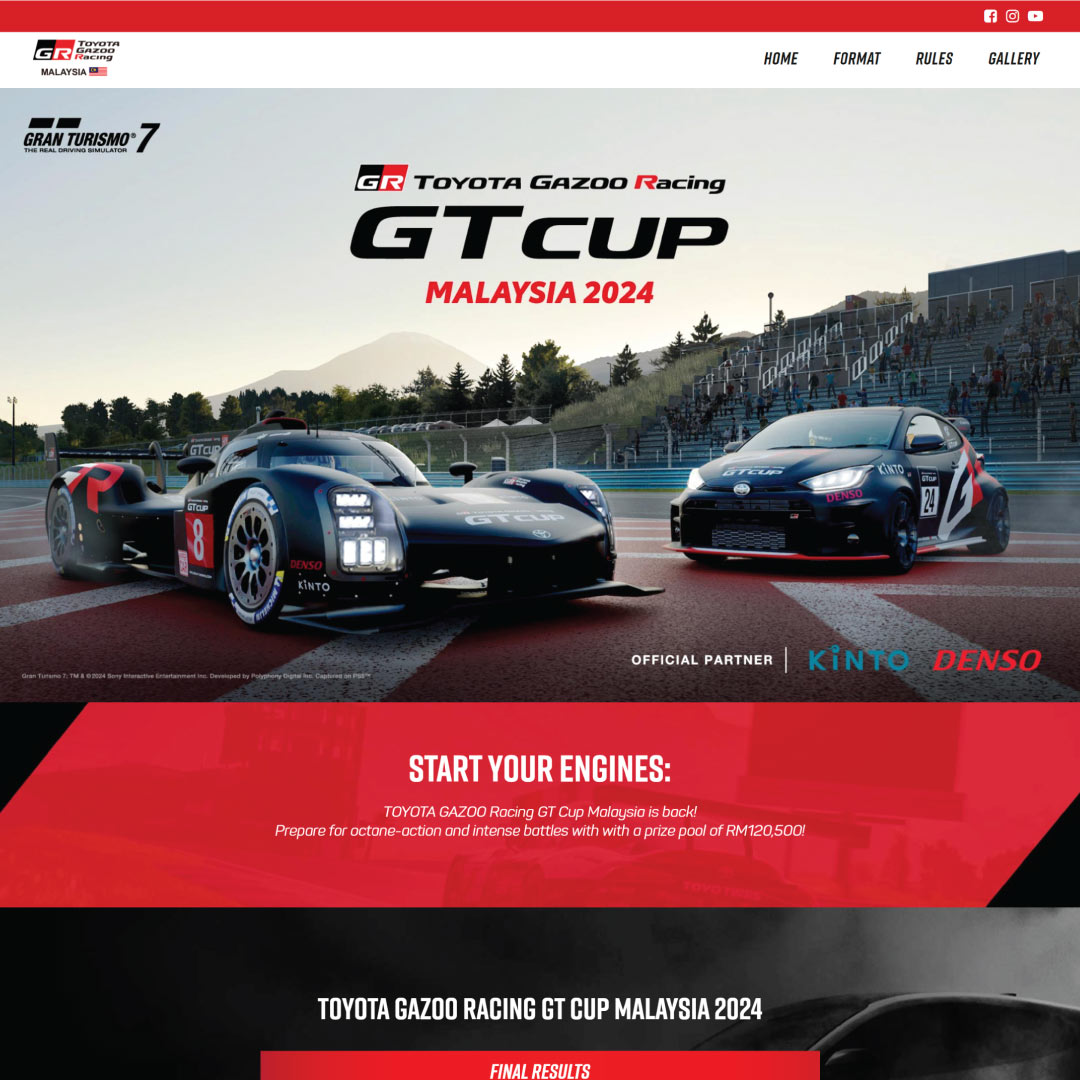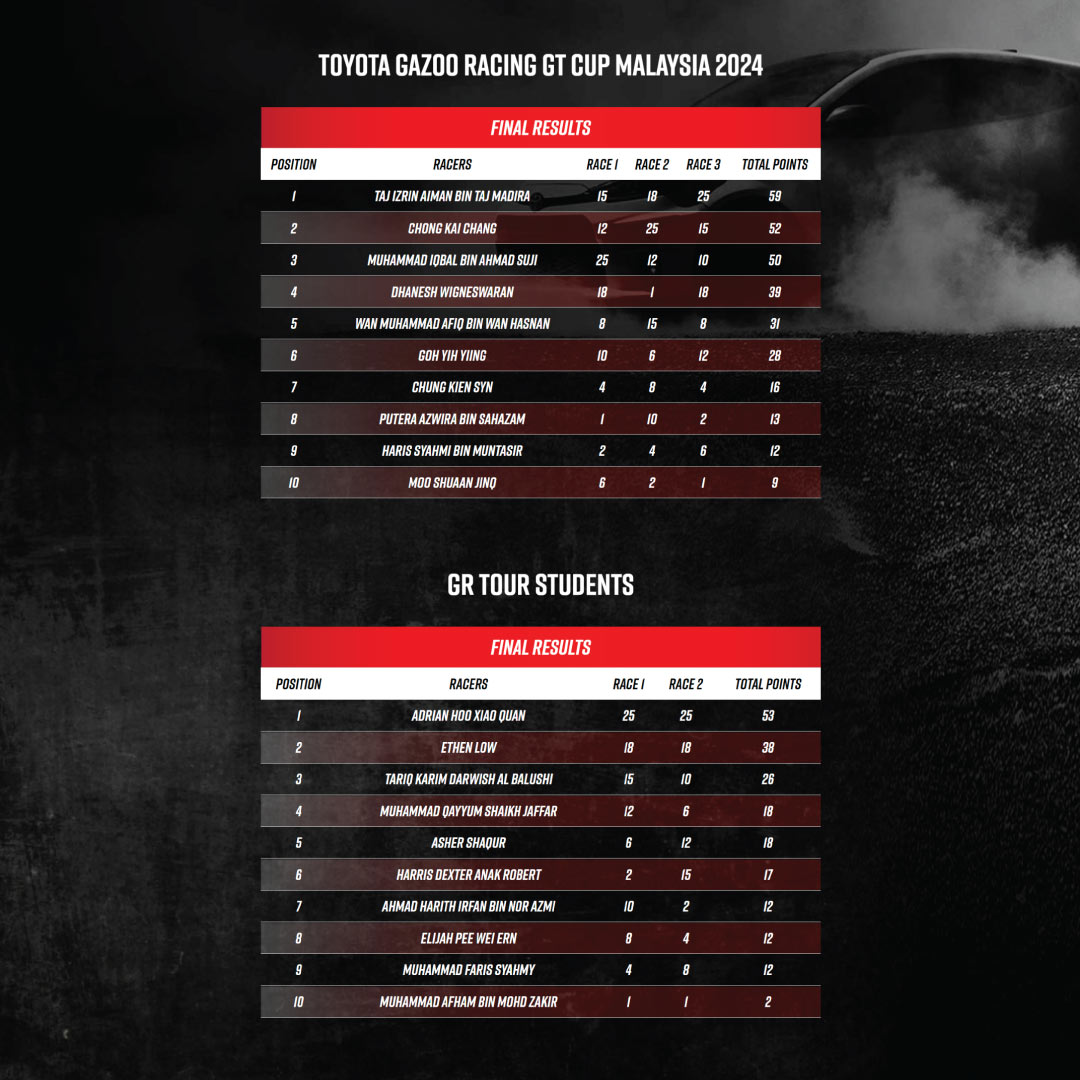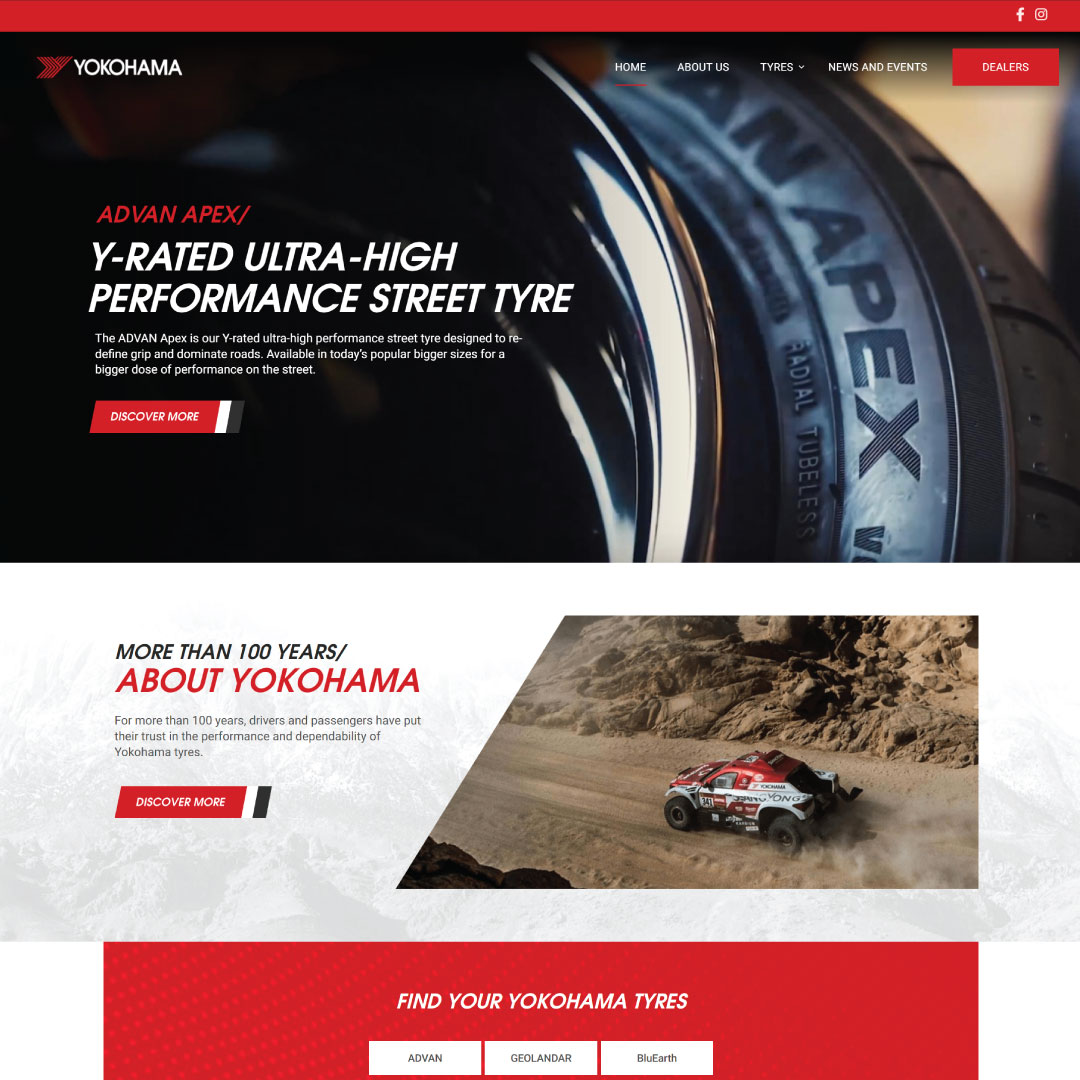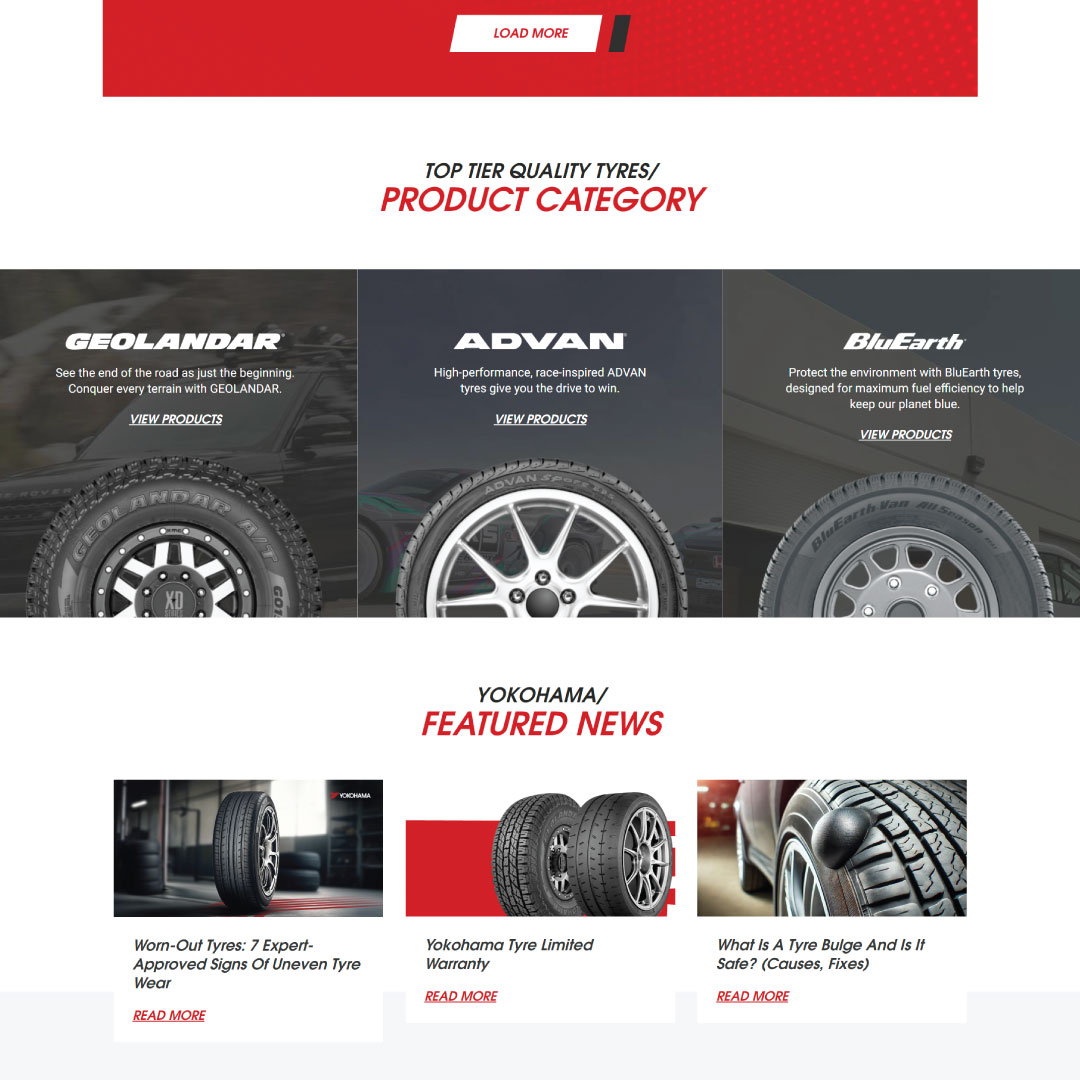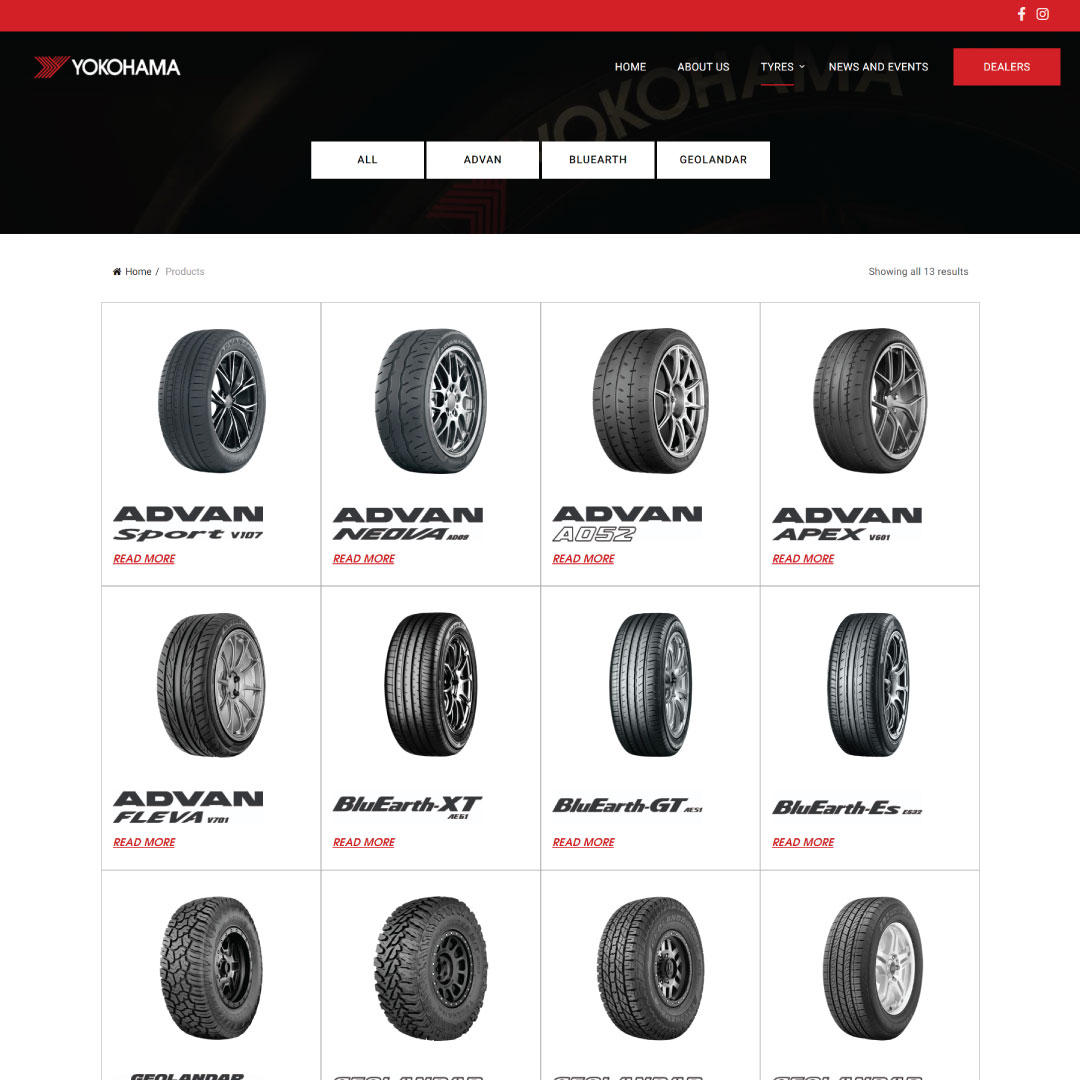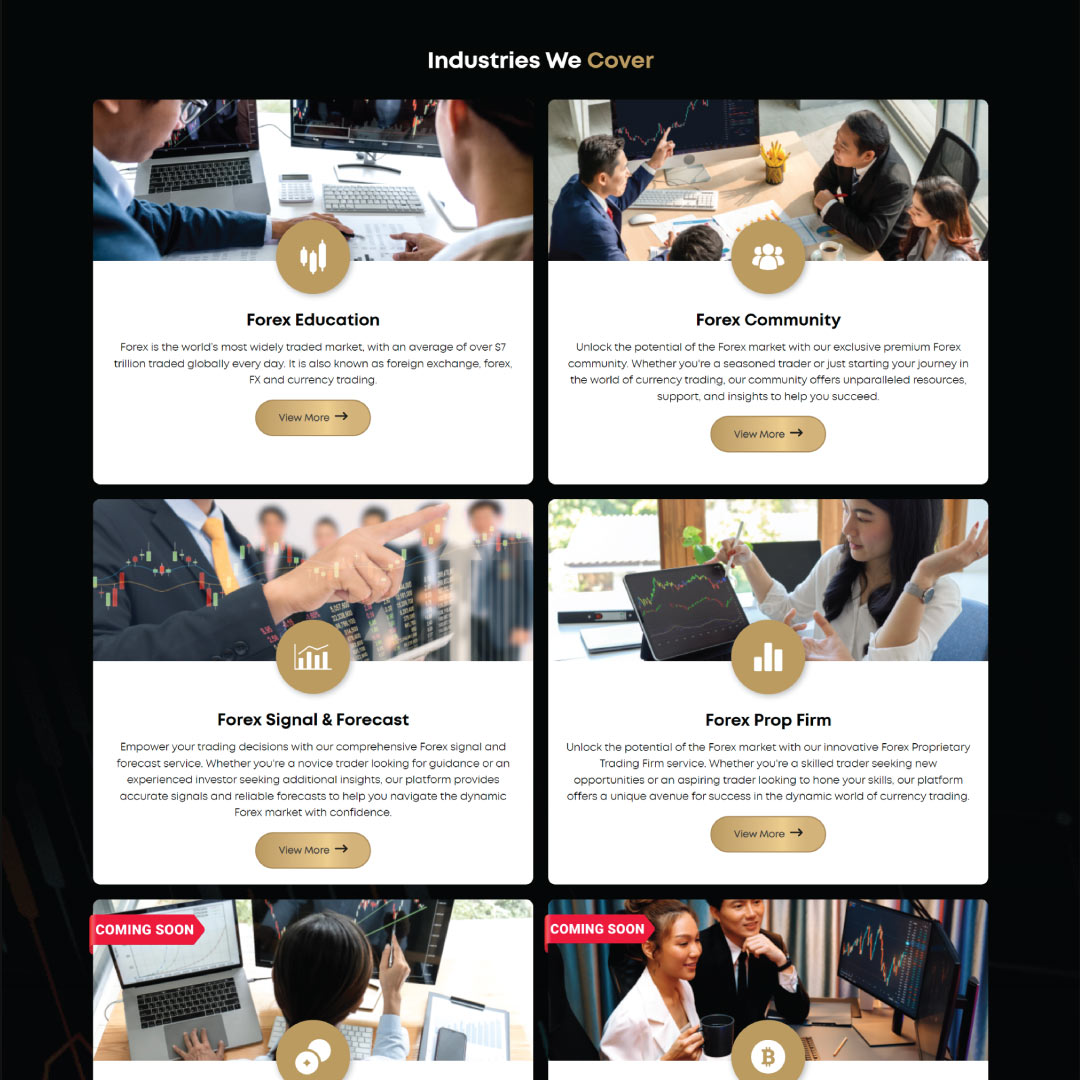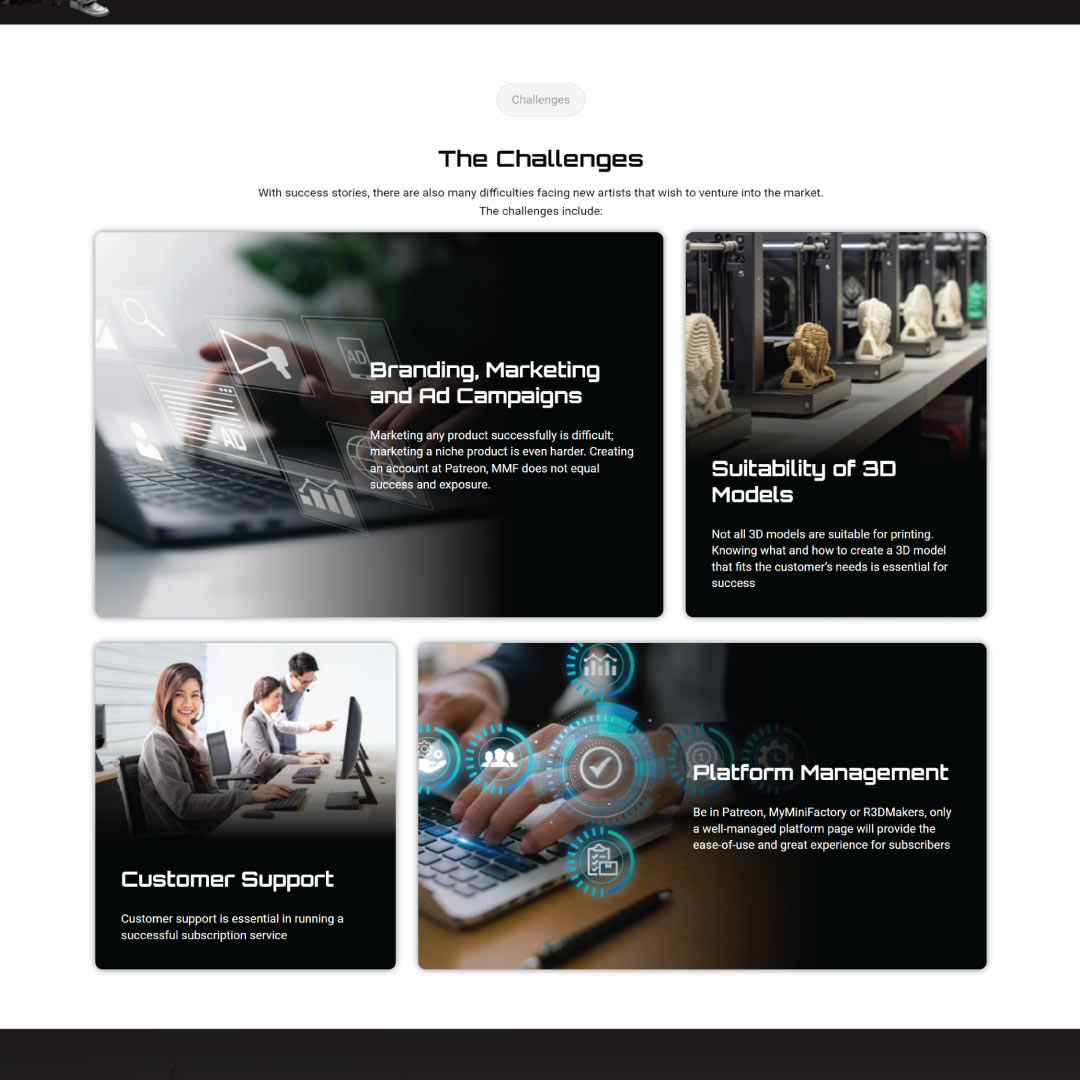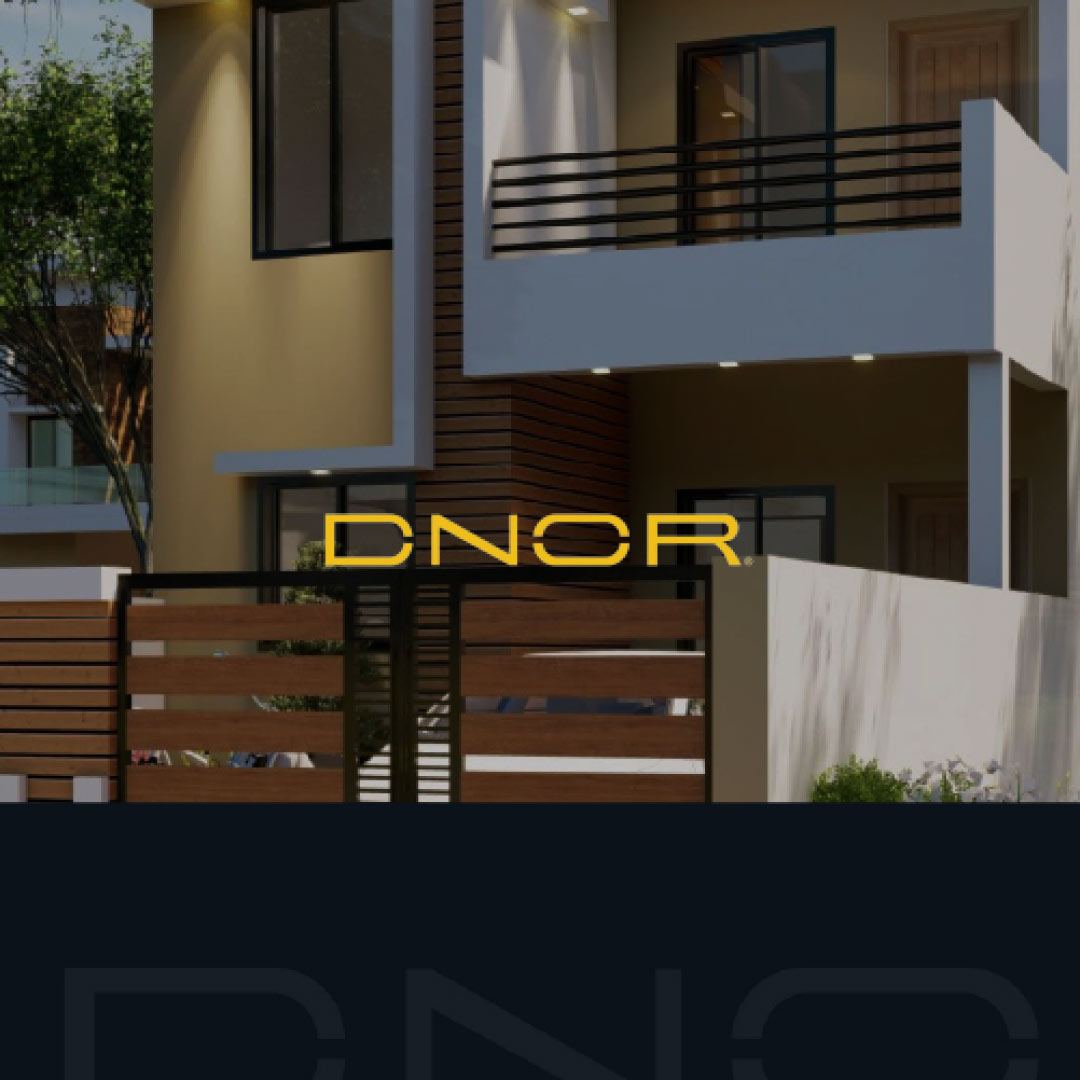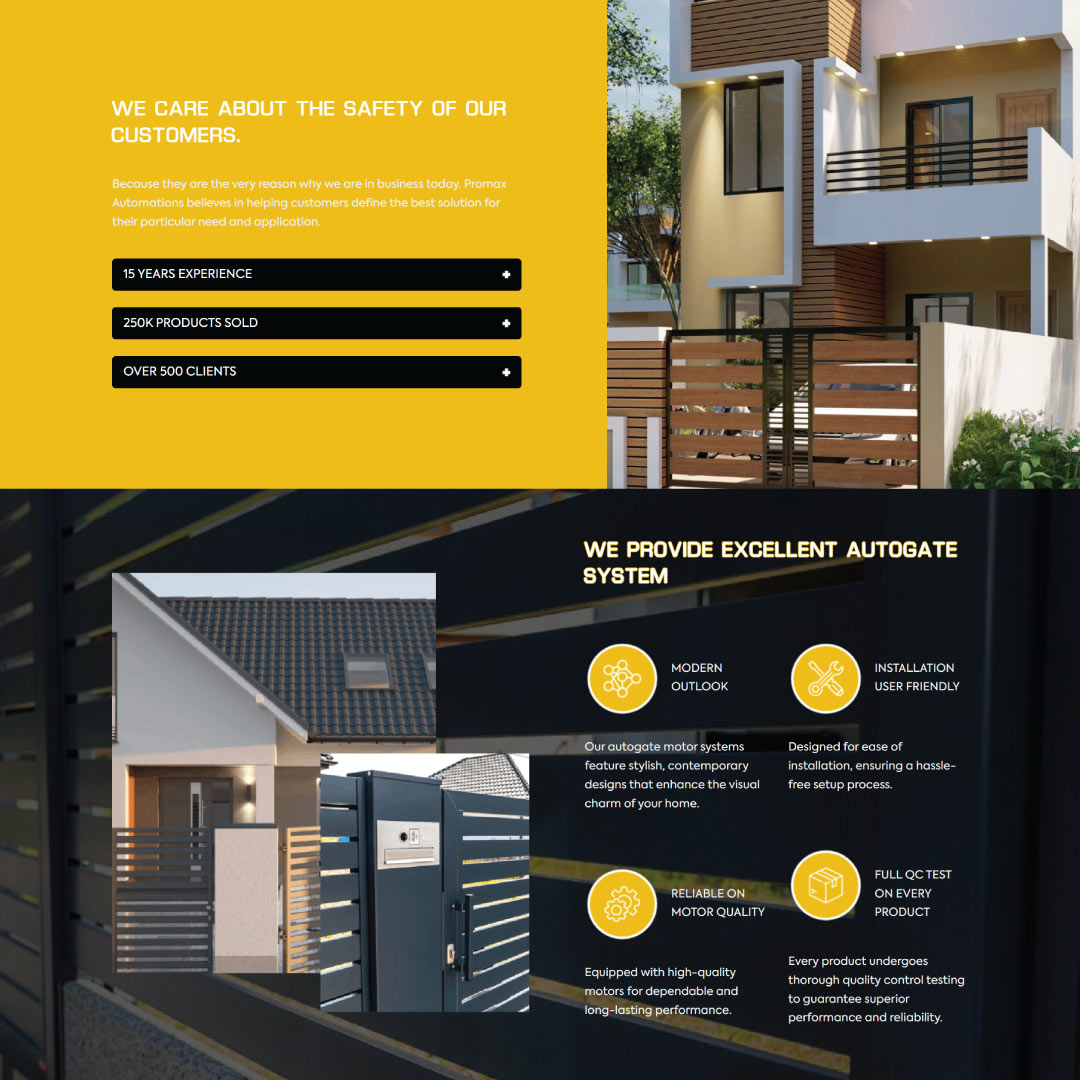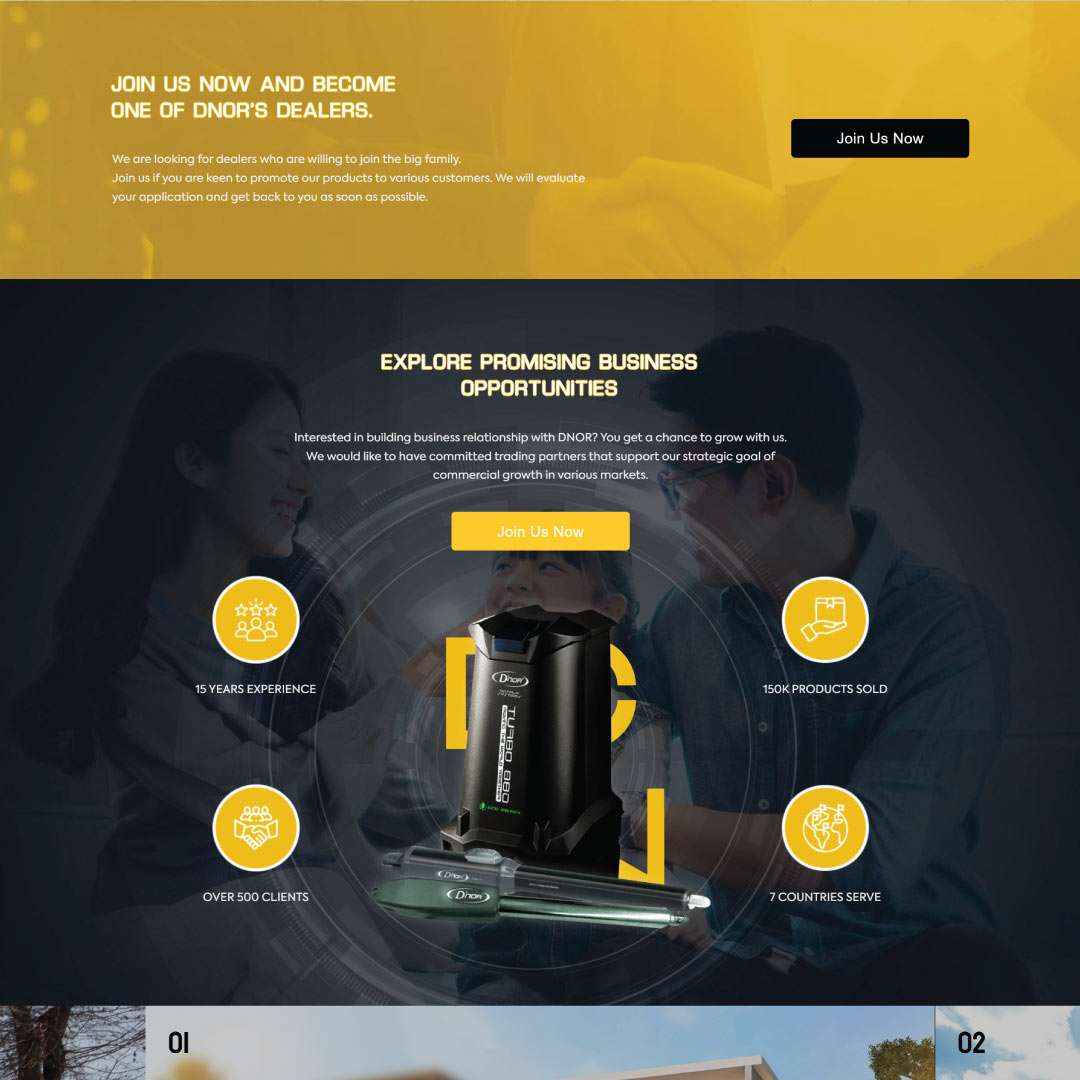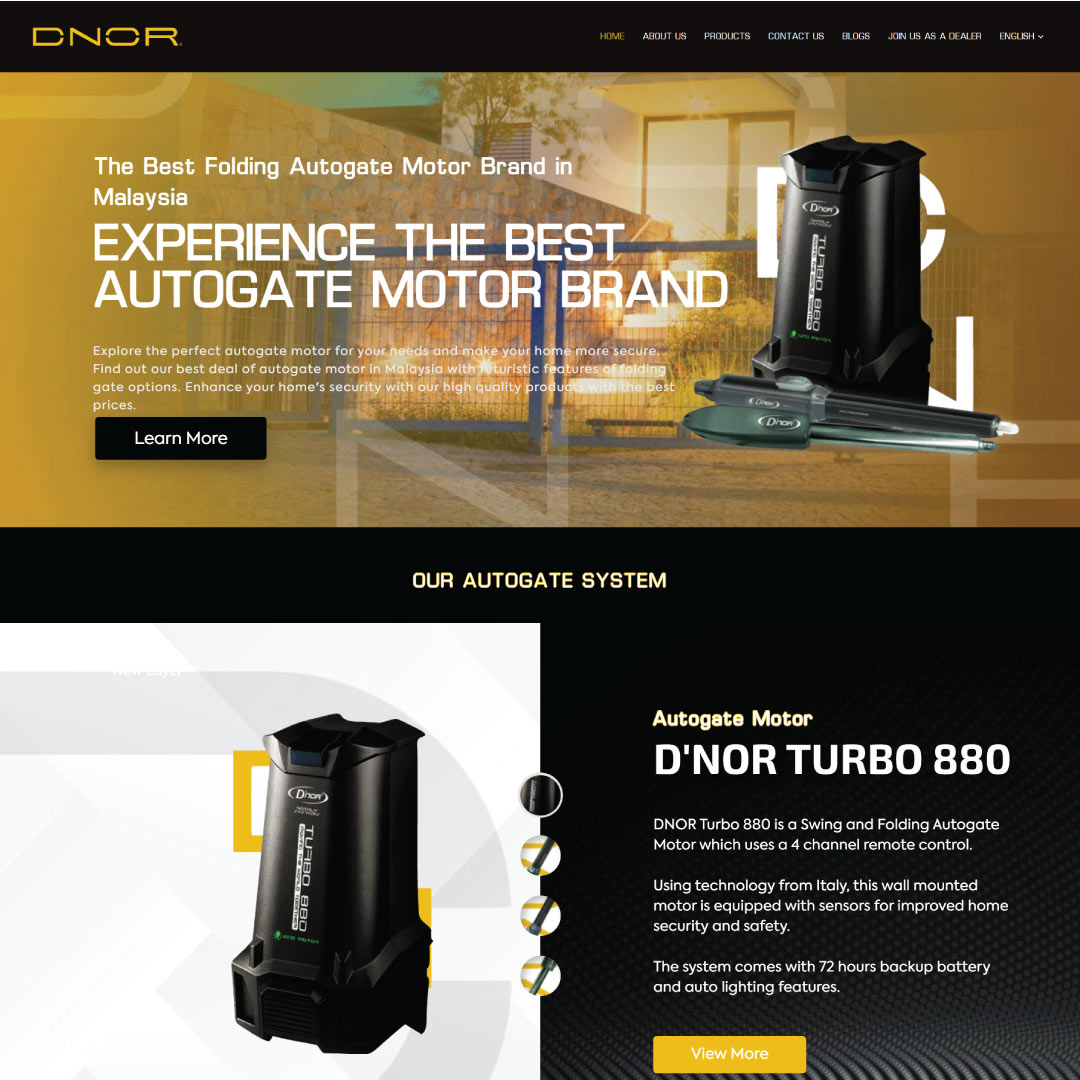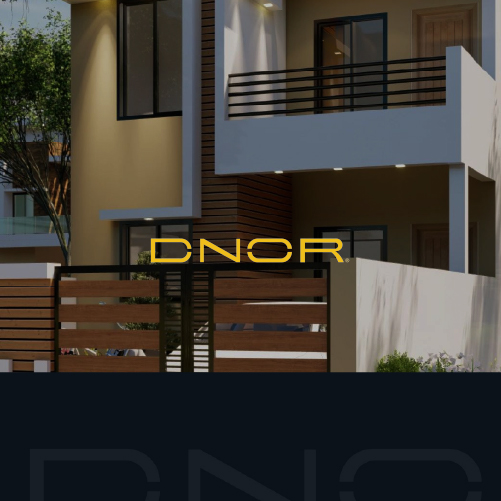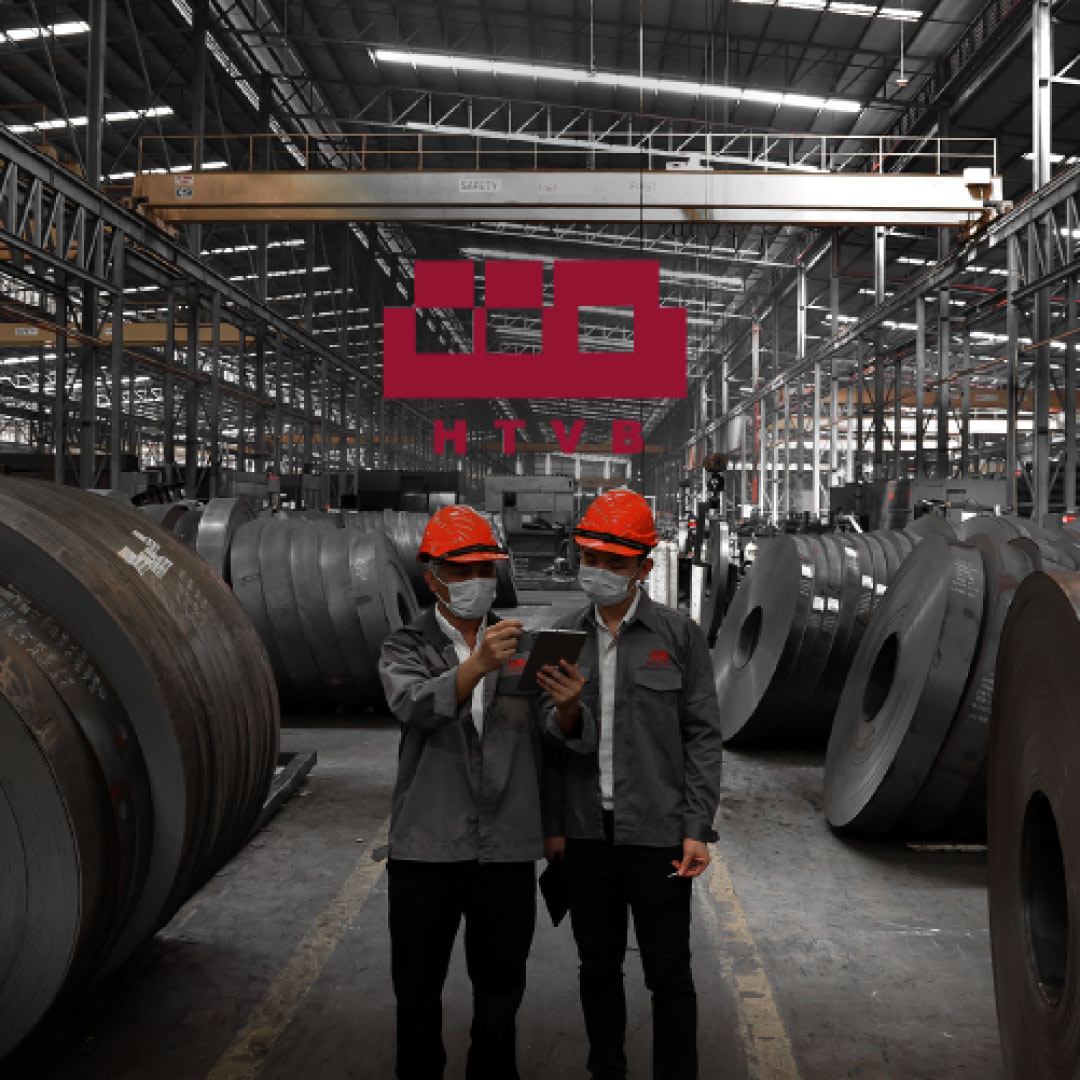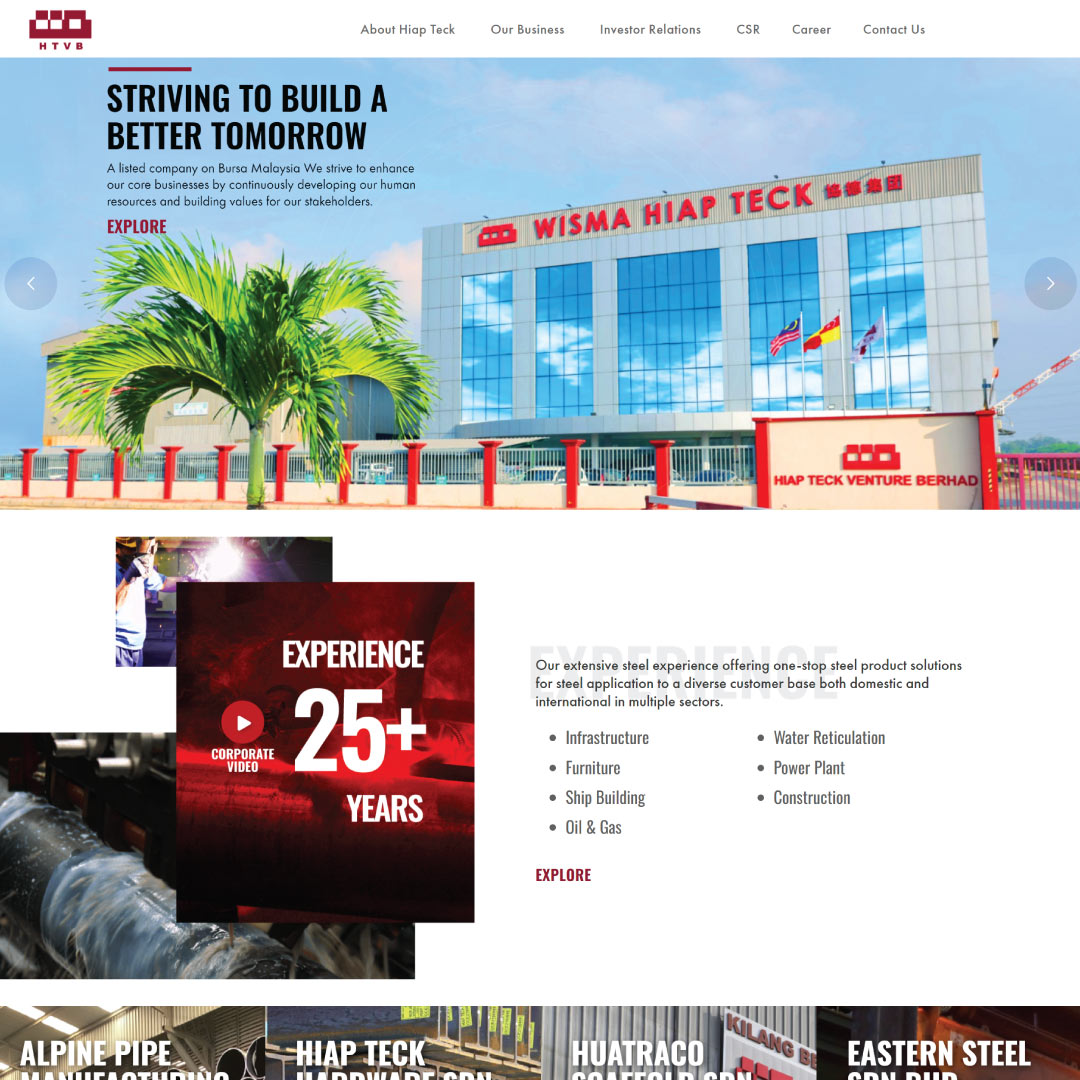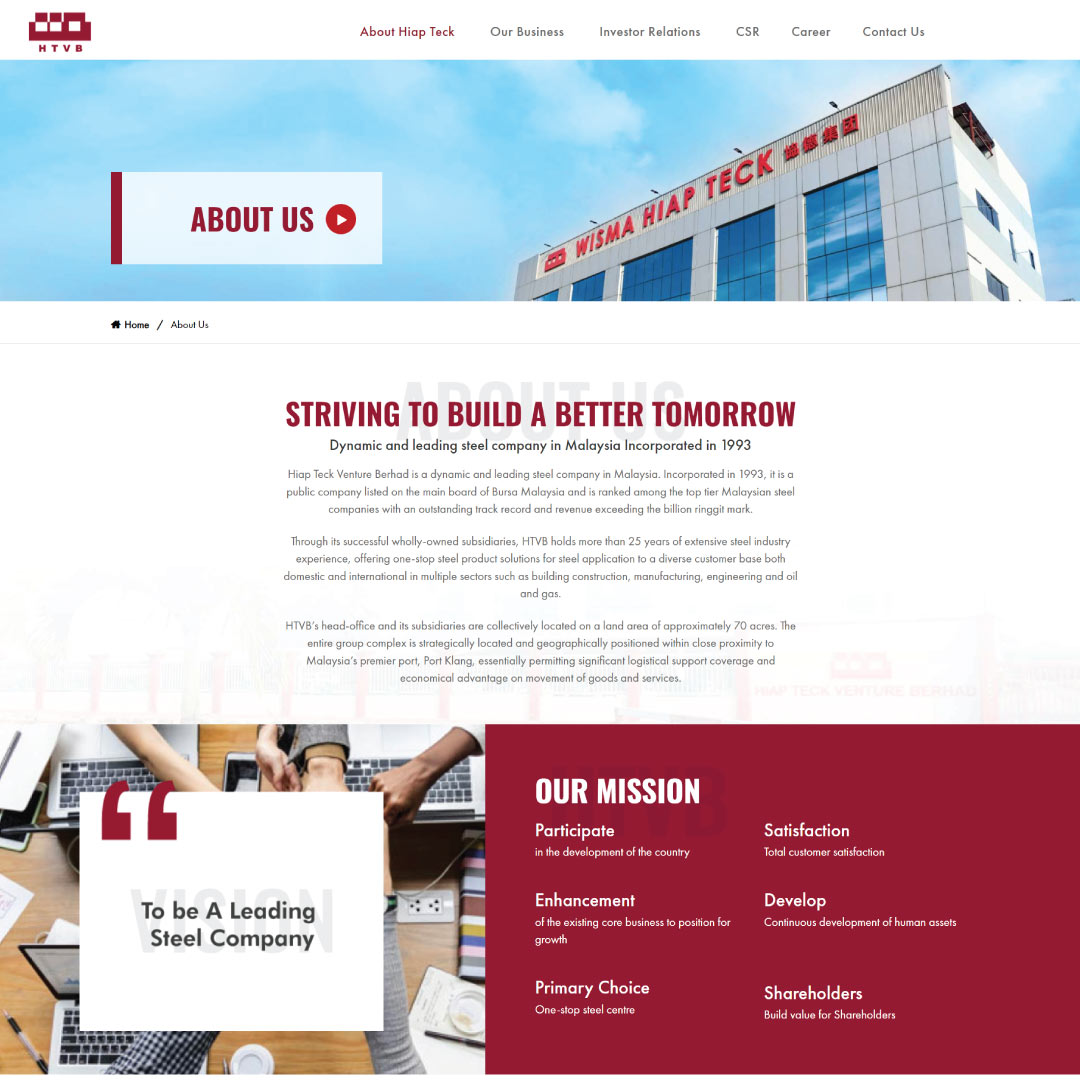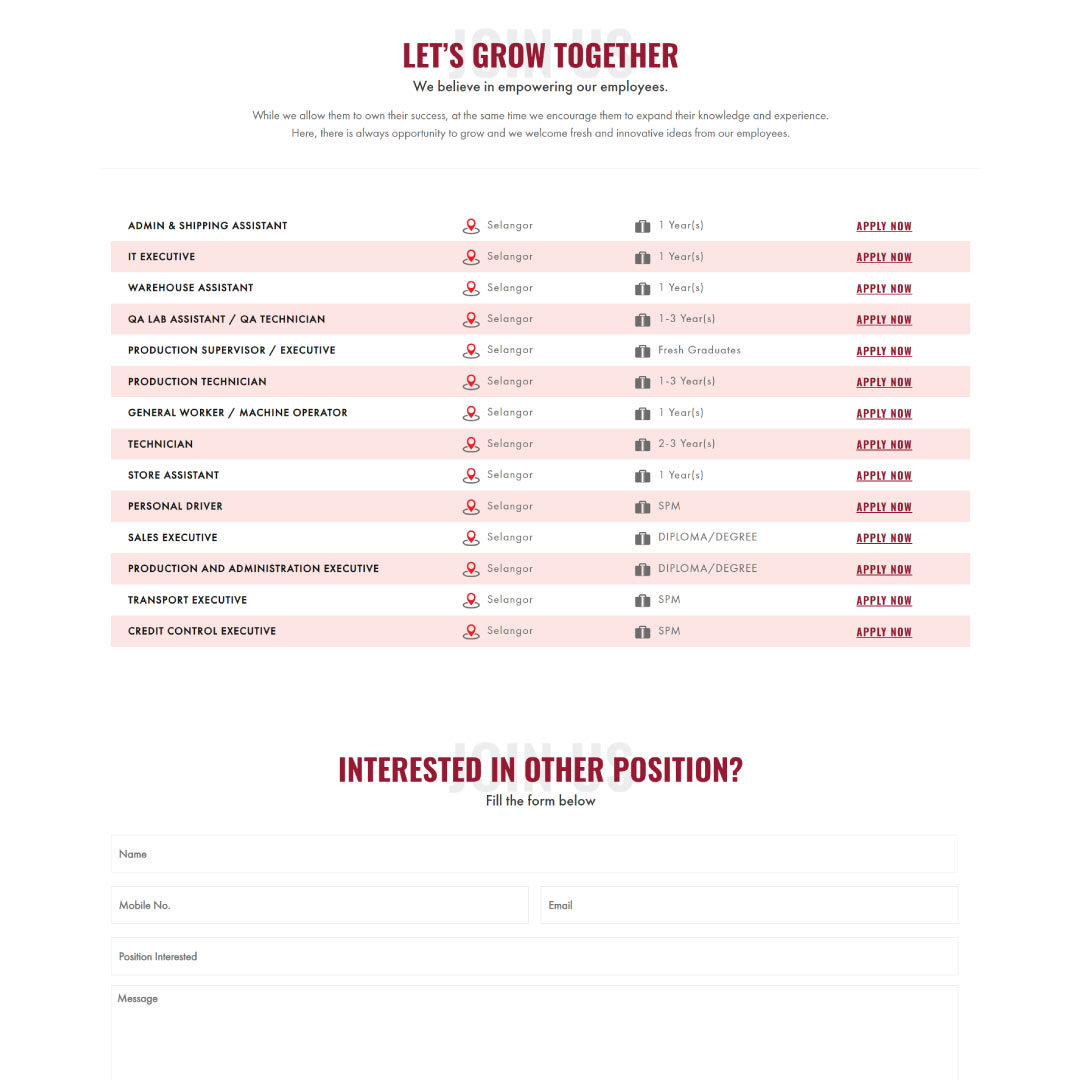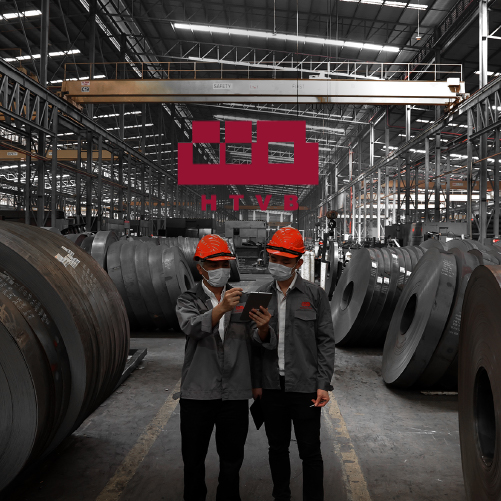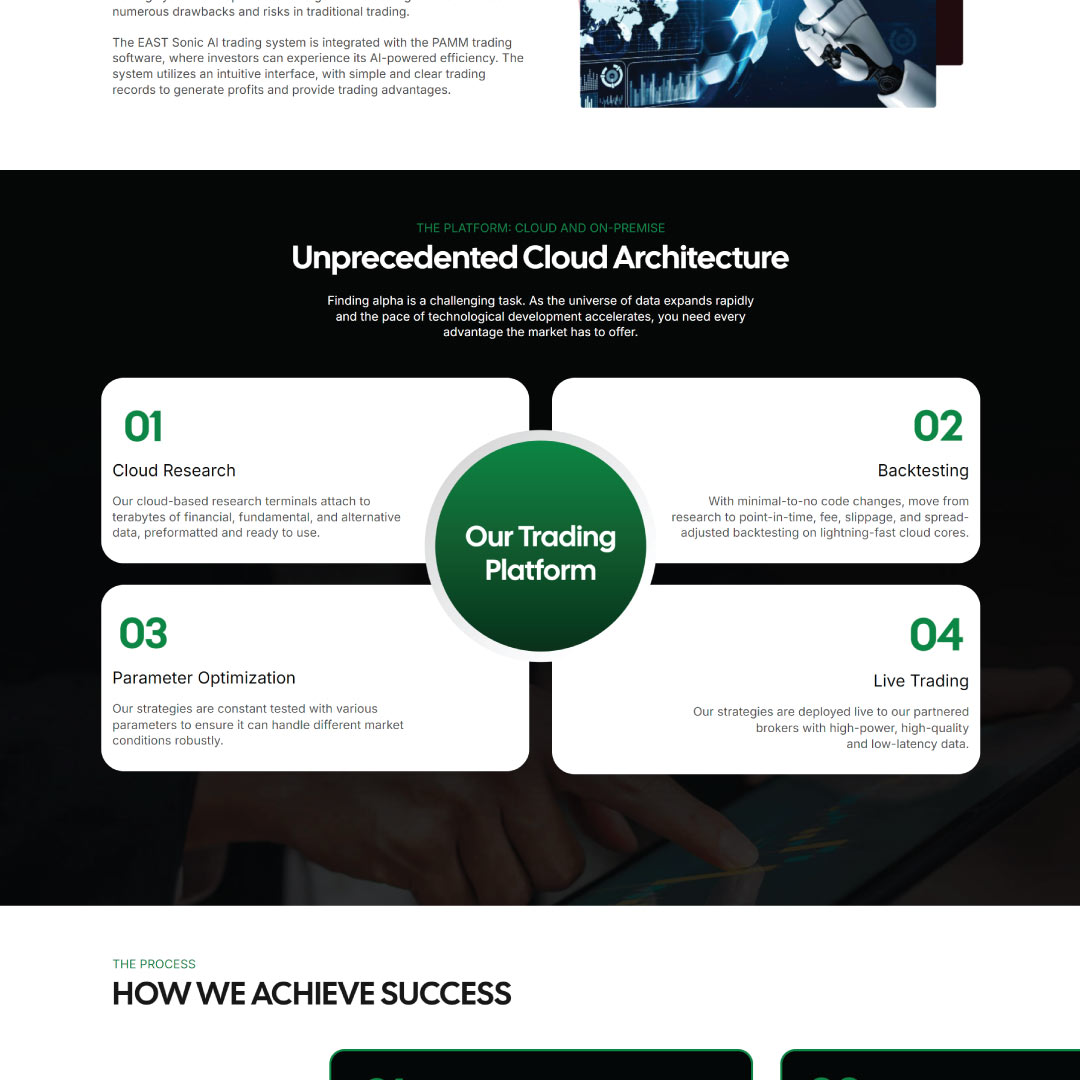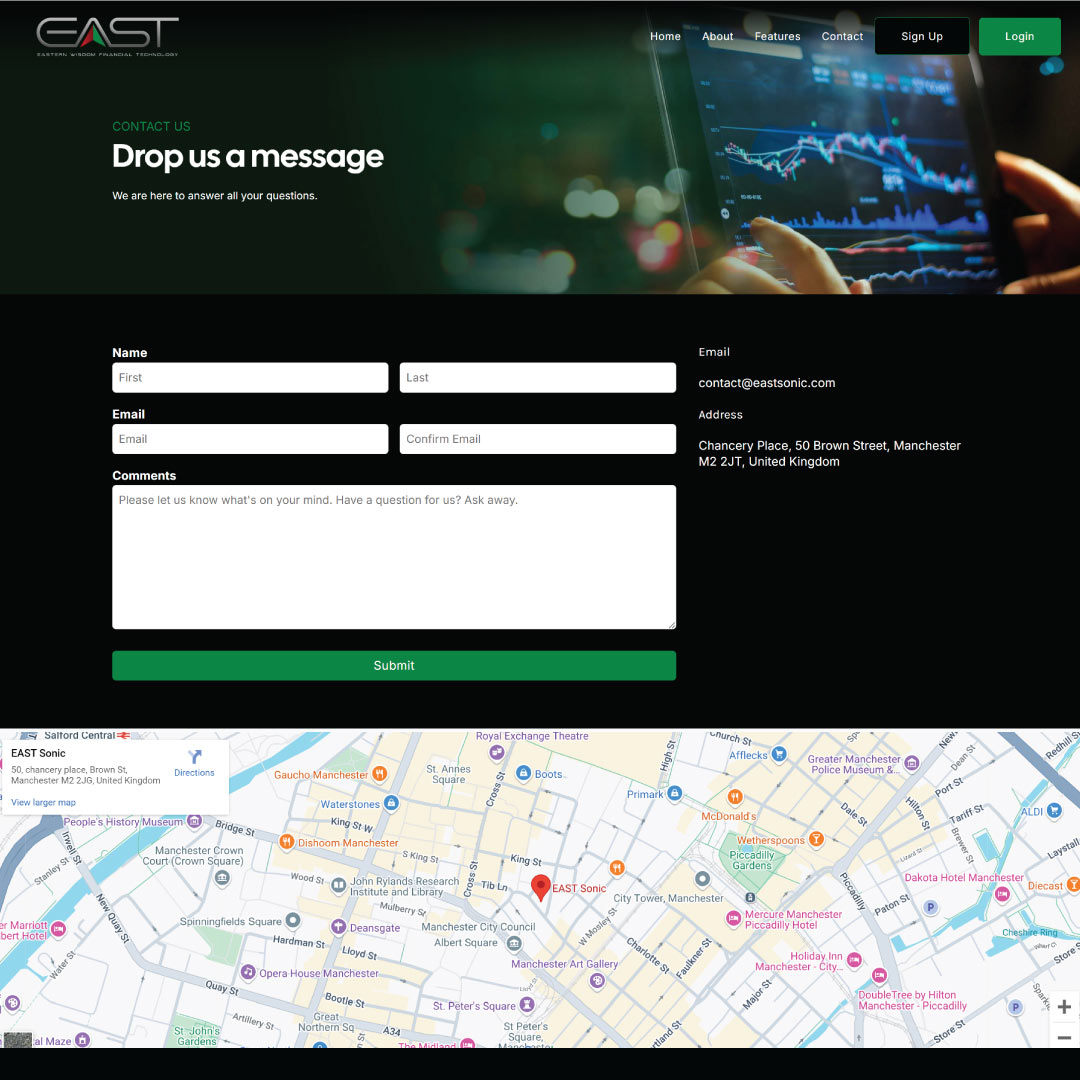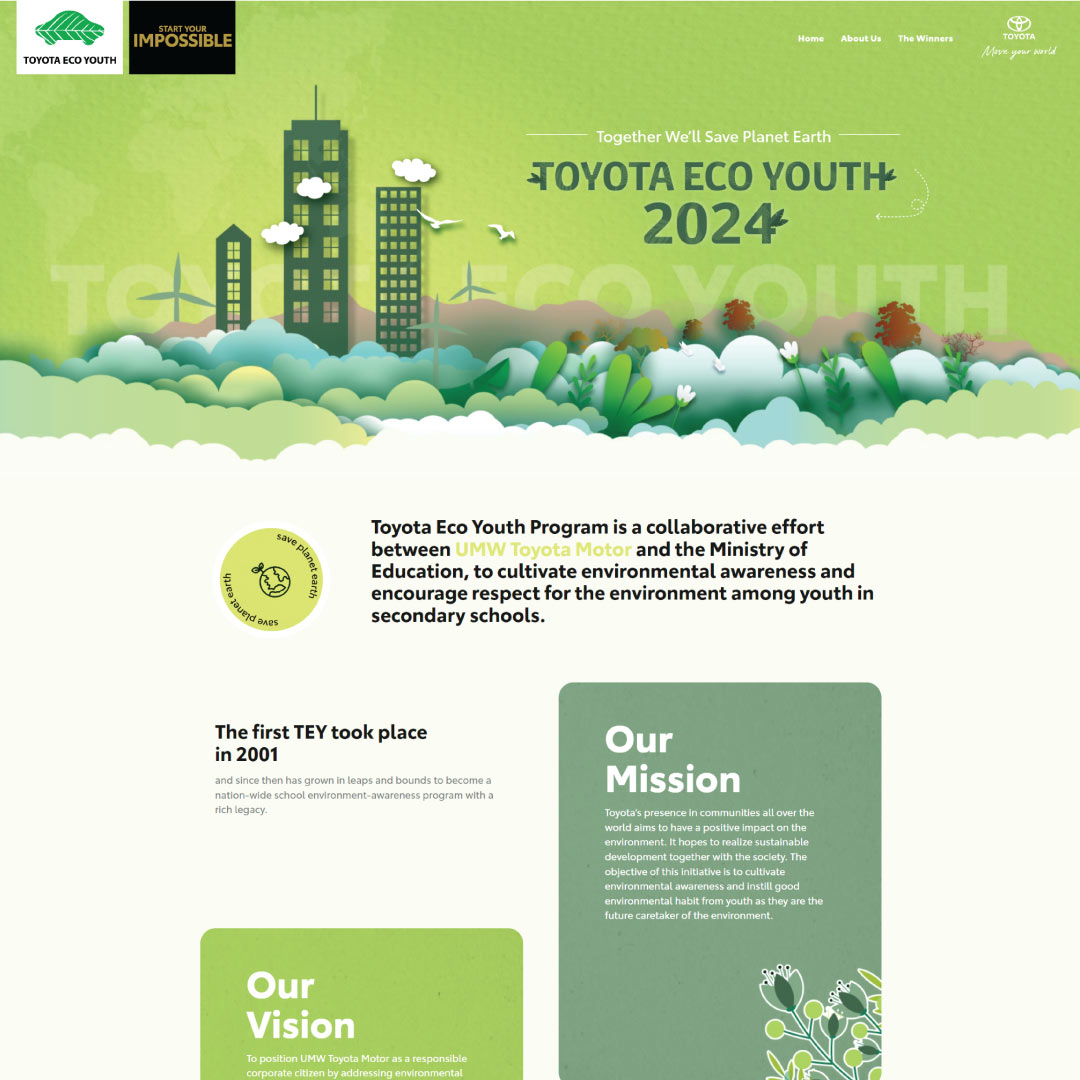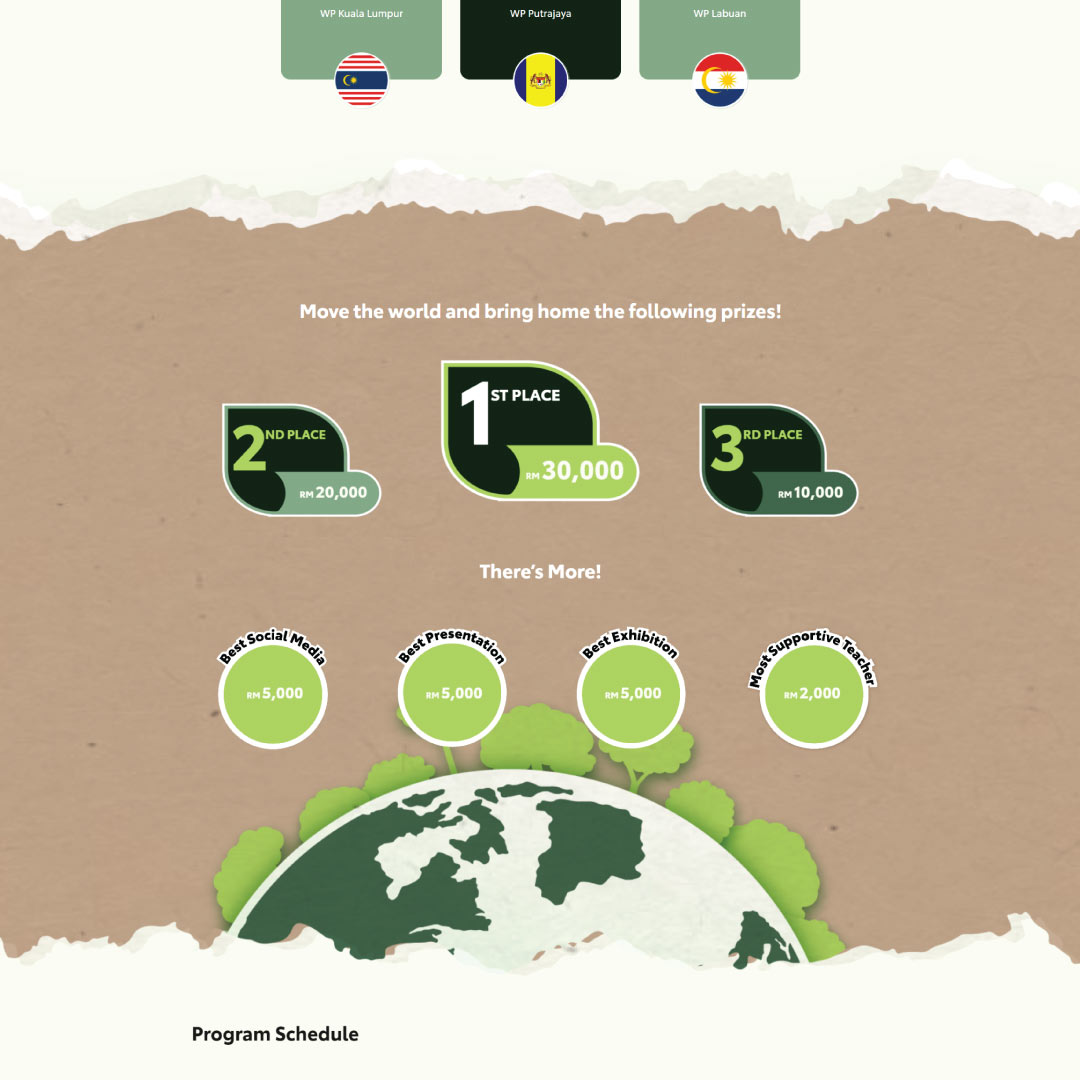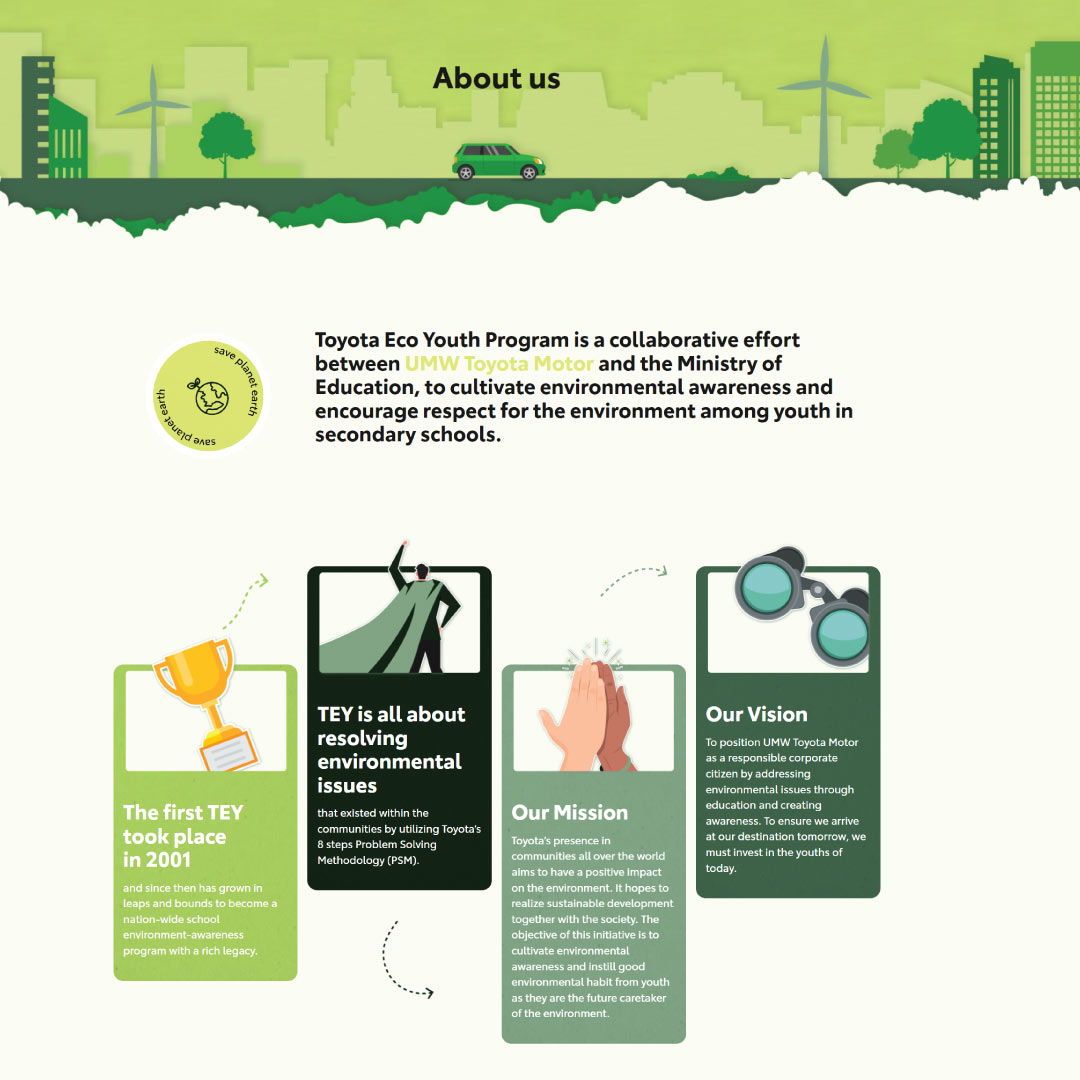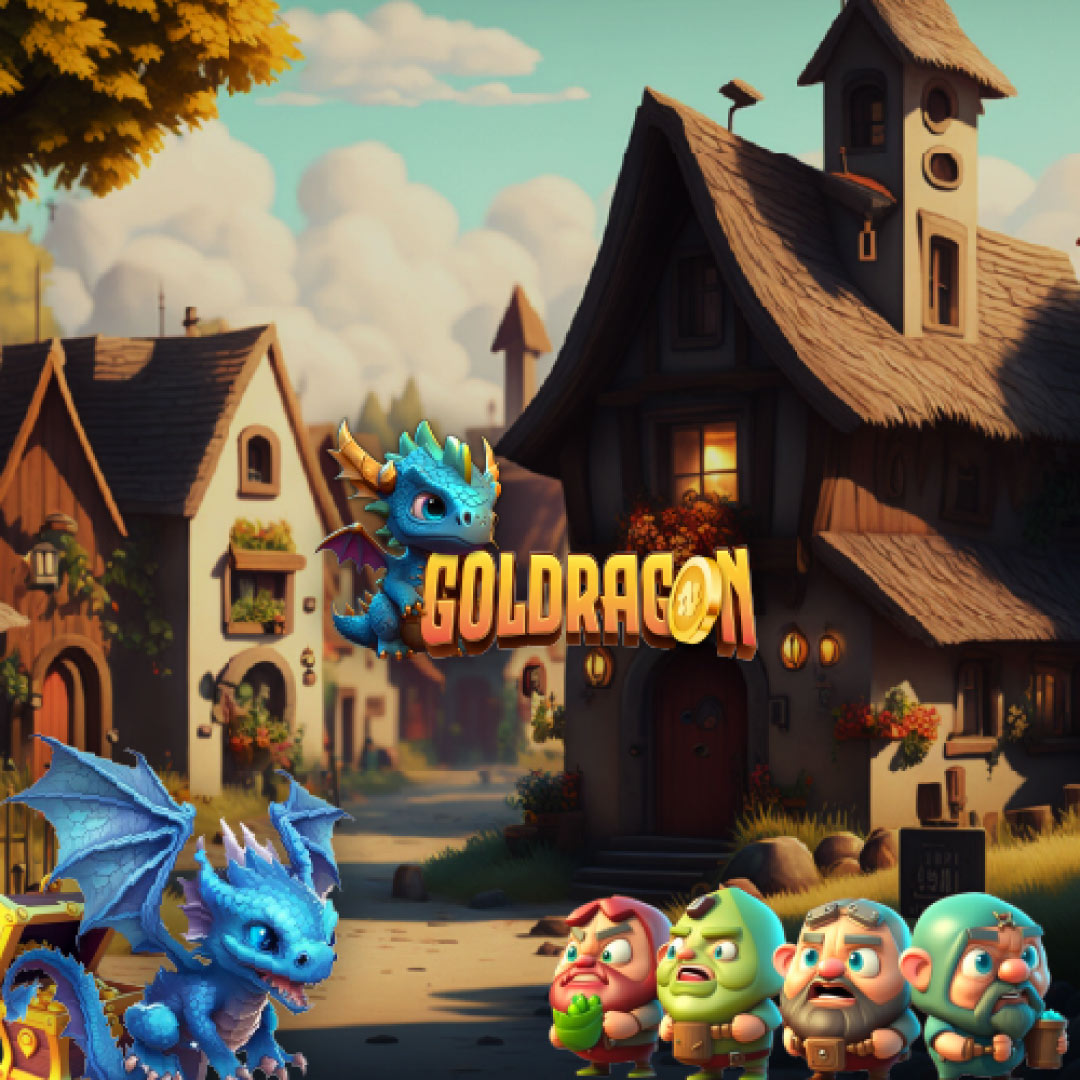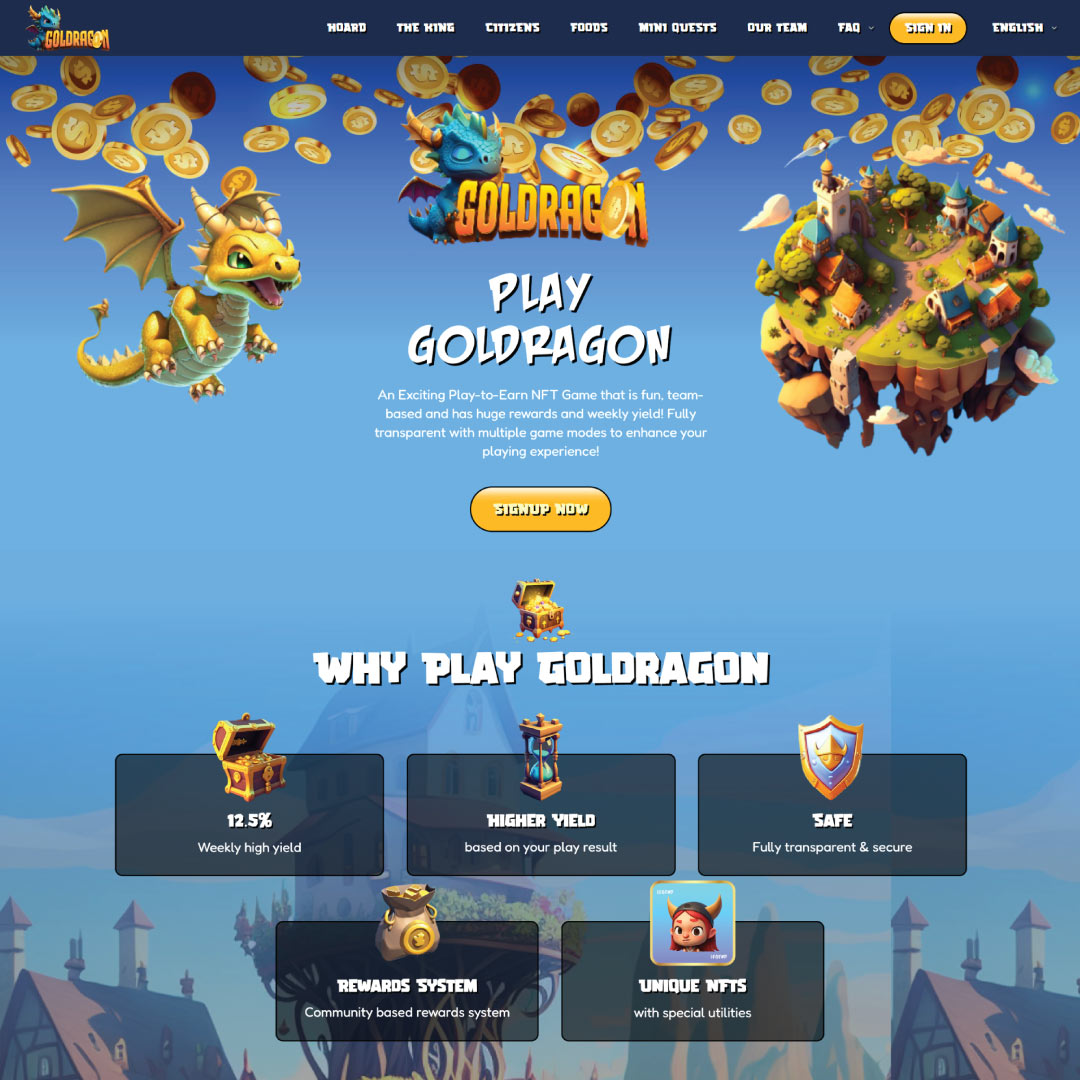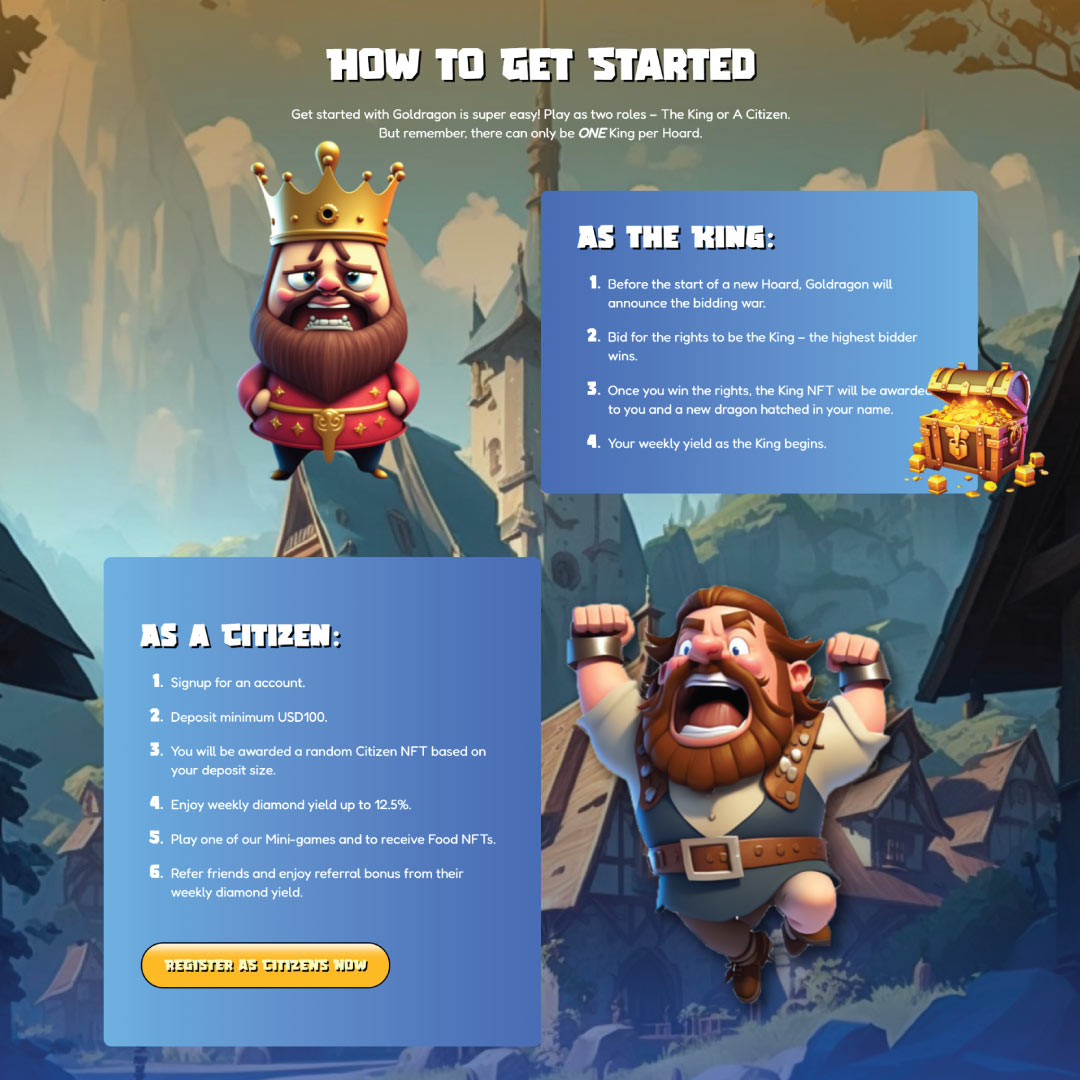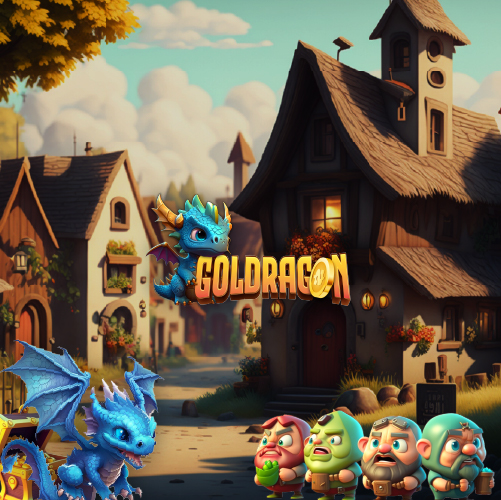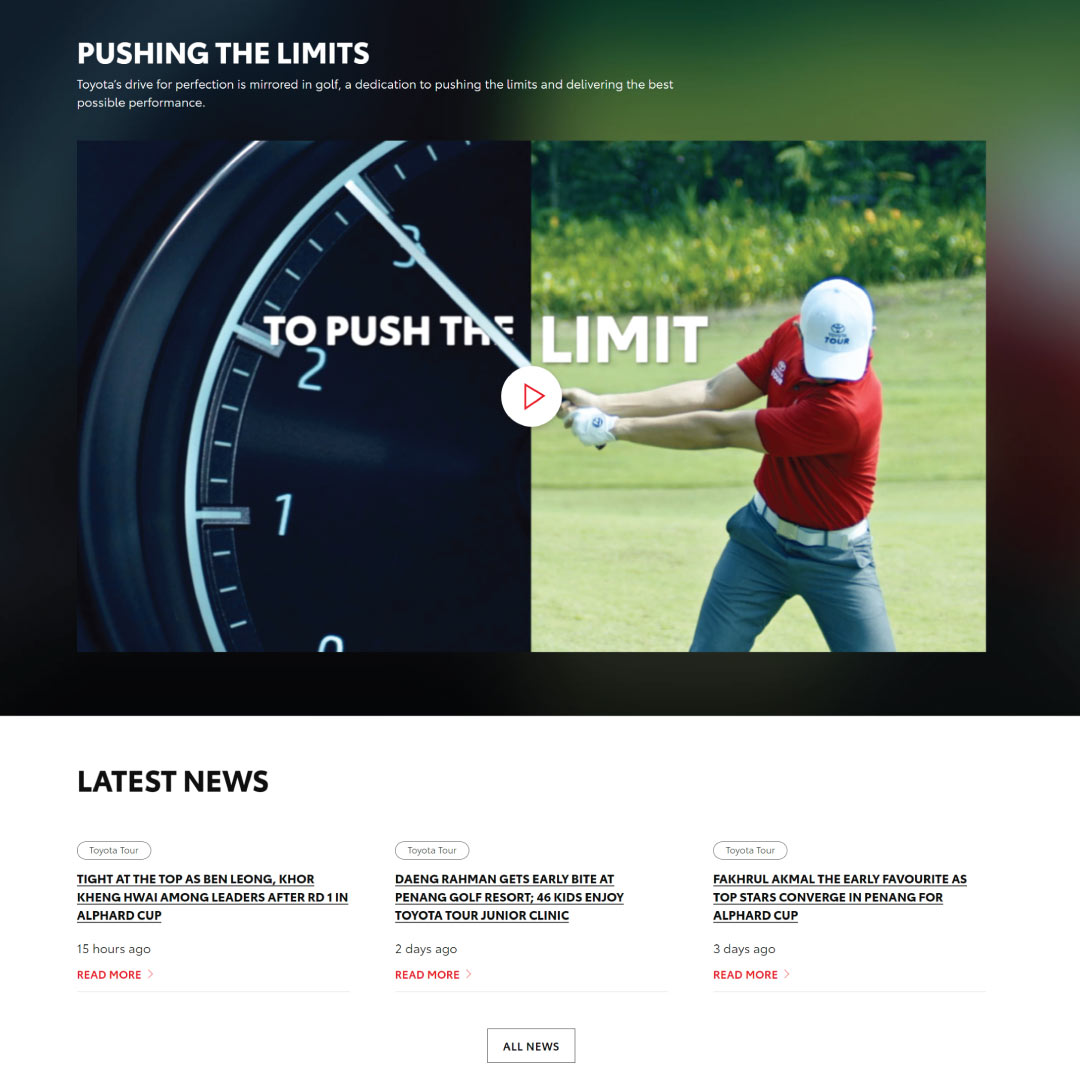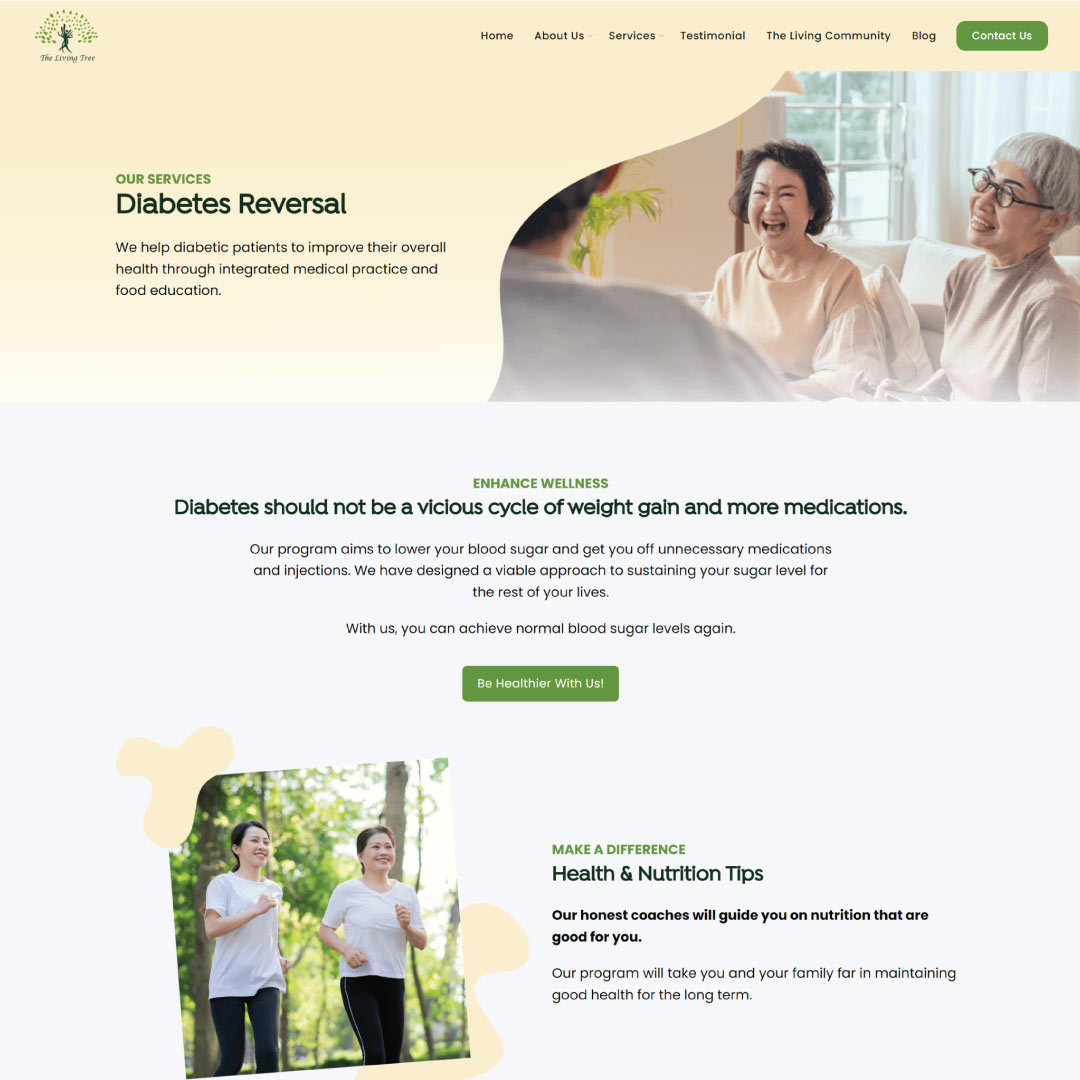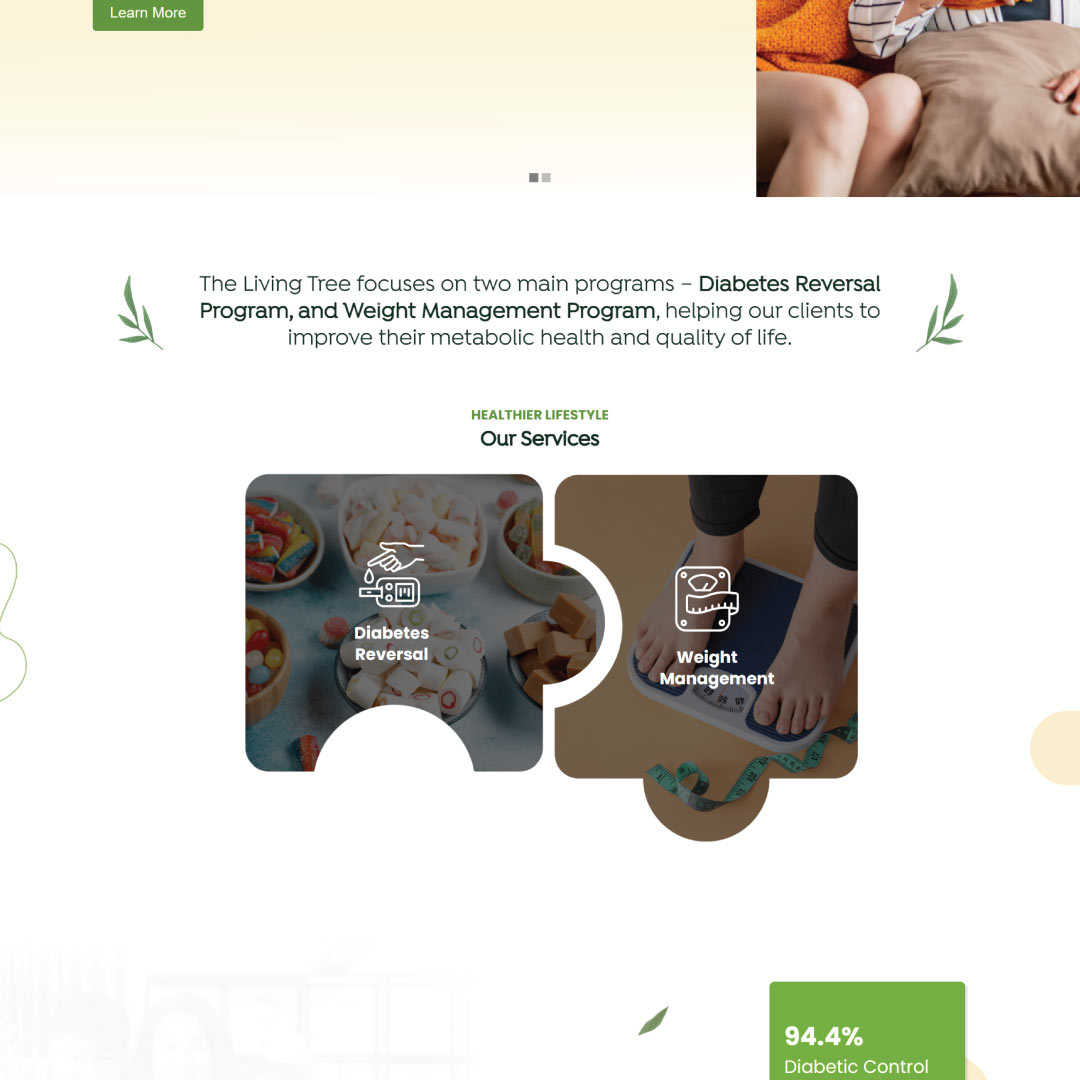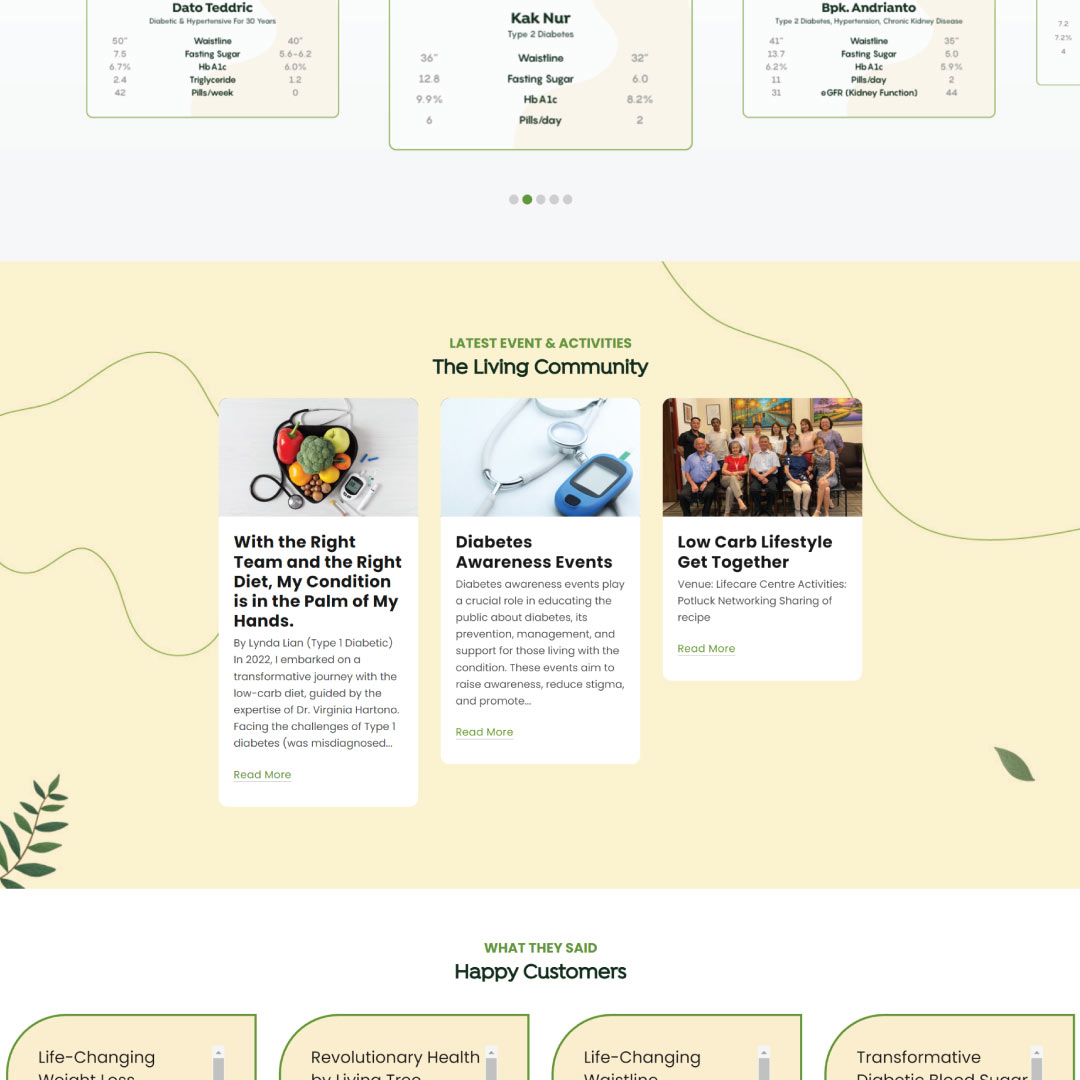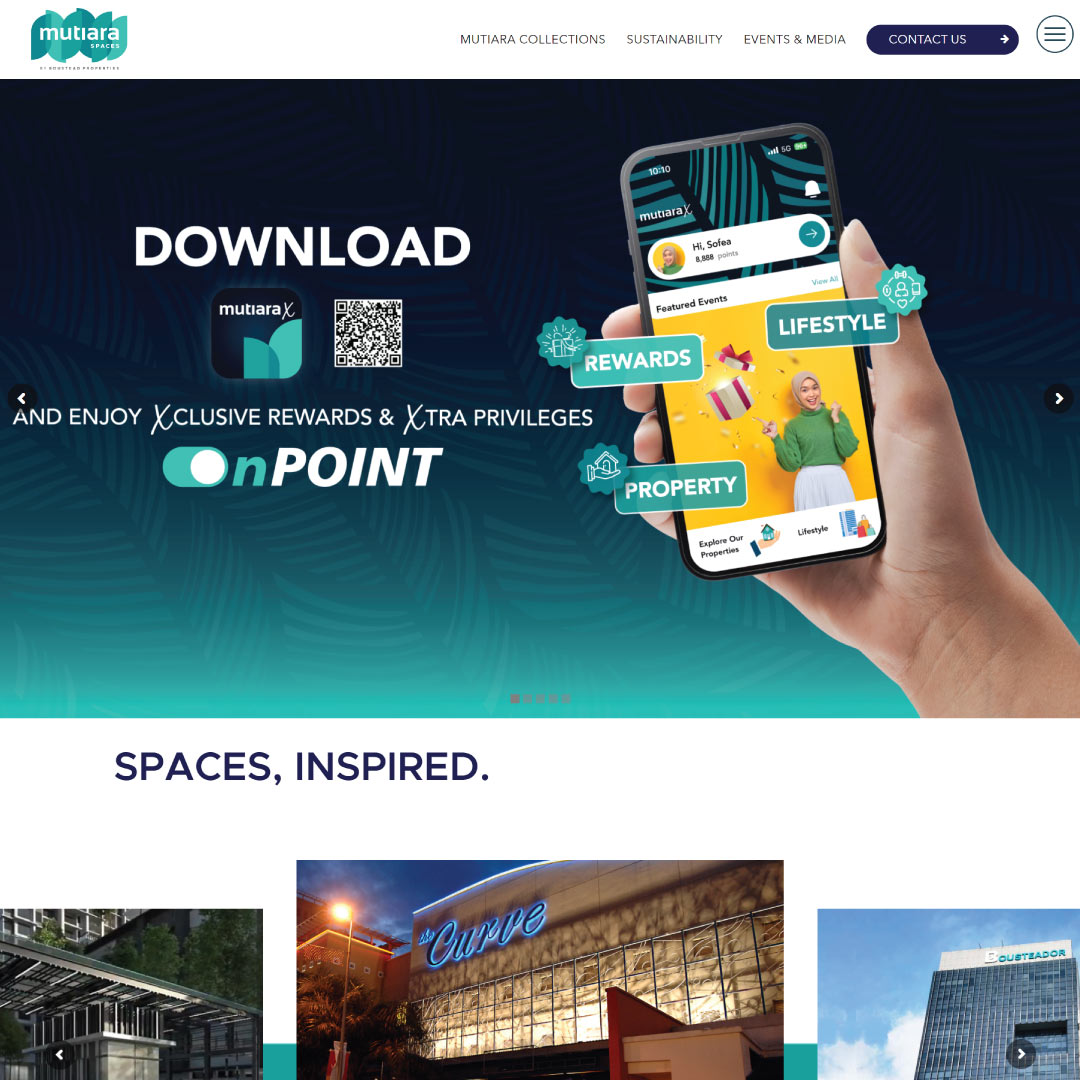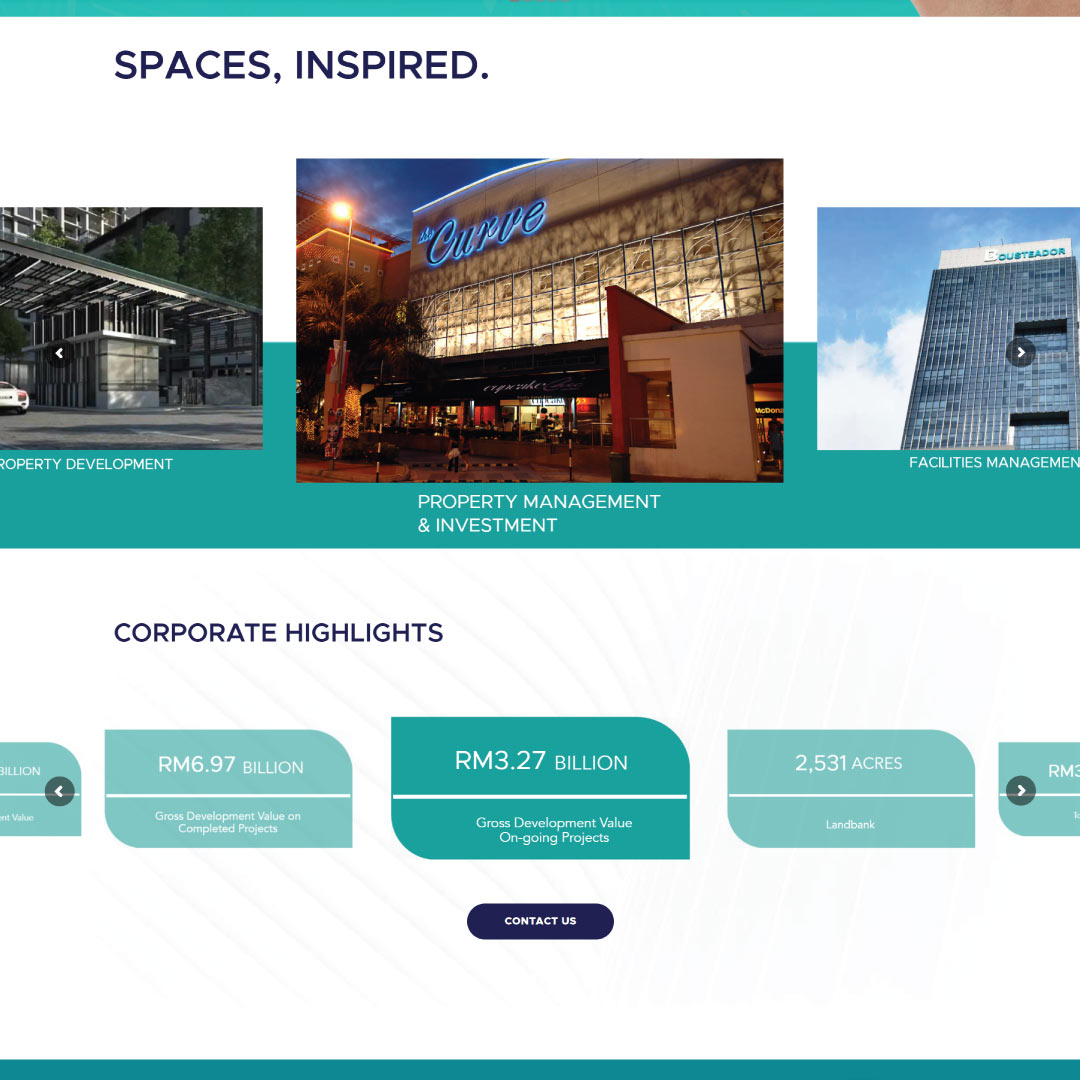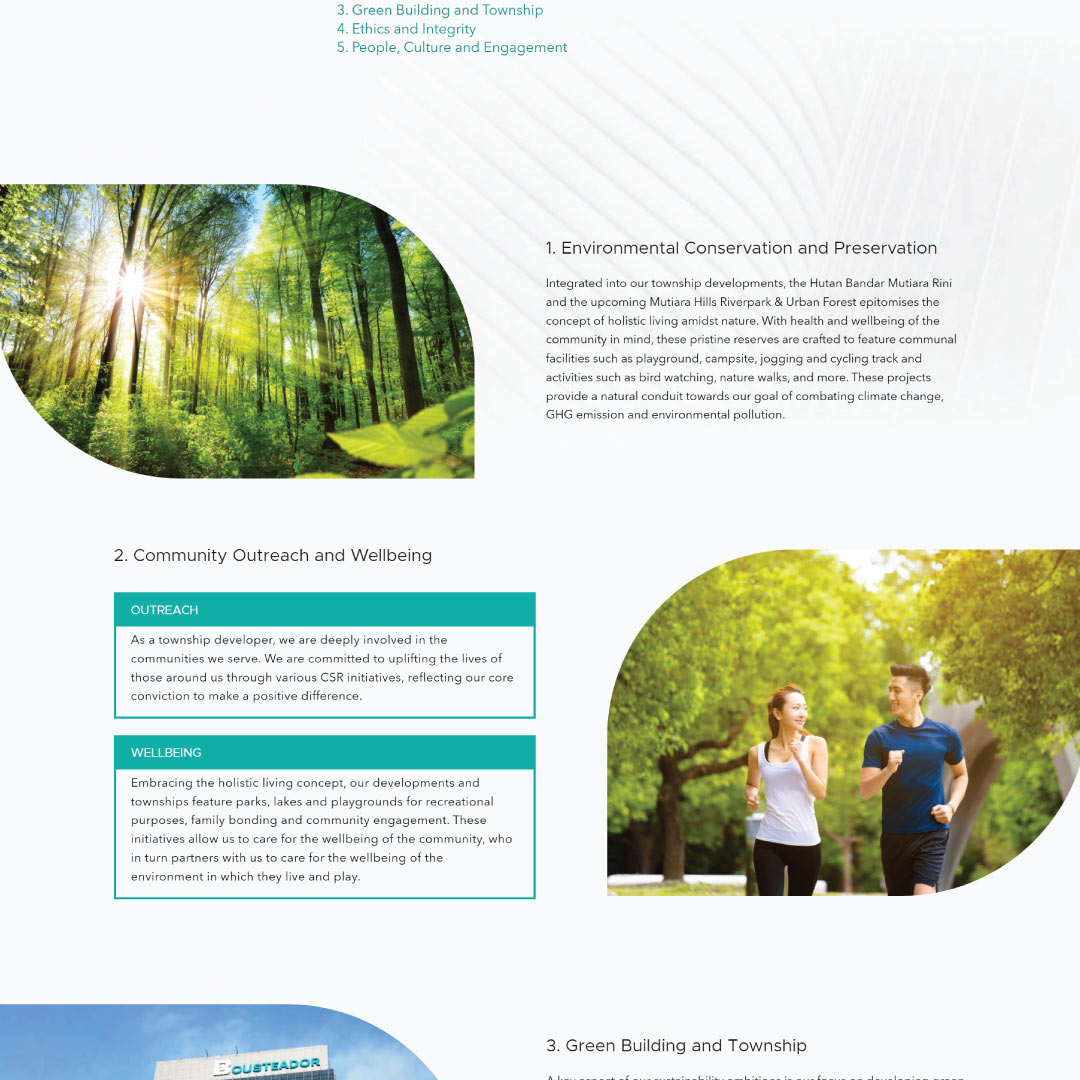Why Website Speed is a Big Deal (And Why You Should Care)
In today’s digital-first world, website speed is not just about convenience—it directly impacts SEO rankings, user experience (UX), and conversions. Whether you run an eCommerce website in Malaysia or a corporate platform, a slow-loading site can frustrate users and push them towards competitors.
Google has made it clear: page speed is a ranking factor. Websites that load faster offer better UX and are rewarded with higher search visibility. If your site is slow, it can lead to increased bounce rates, fewer leads, and lost revenue.
How Website Speed Affects SEO (And Your Google Rankings)
Search engines prioritise websites that provide a seamless experience. Here’s how site speed influences SEO:
- Google’s Core Web Vitals: Google measures Largest Contentful Paint (LCP), First Input Delay (FID), and Cumulative Layout Shift (CLS) to determine how user-friendly a website is.
- Crawl Efficiency: A slow-loading website means Google crawlers spend more time loading pages rather than indexing new content.
- Bounce Rate Impact: Slow sites drive users away. If visitors leave before engaging, it signals to search engines that your site is not useful.
- Mobile Friendliness: With Google’s mobile-first indexing, your website needs to load quickly on mobile devices to rank well.
Fact: A 1-second delay in load time can result in a 7% loss in conversions and 11% fewer page views.
The UX Factor: How Slow Sites Drive Visitors Away
“Patience? What’s That?”—Users Expect Speed
Users expect a website to load in under 3 seconds. Any longer, and frustration sets in. A slow website leads to:
- Higher bounce rates
- Reduced time spent on site
- Lower engagement and fewer conversions
“Speed Thrills, Lag Kills”—Conversions Drop When Sites Lag
A faster website isn’t just about rankings—it directly influences revenue. Amazon found that a 100-millisecond delay in page load time could cost them 1% in sales. Imagine what that could mean for a small business!
Improving your website speed requires both technical and non-technical optimisations. Here are some effective solutions:
1. Optimise Images and Media
Large, uncompressed images slow down loading times. Use:
- Lazy loading to defer off-screen images
- Next-gen formats like WebP
- Compression tools (e.g., TinyPNG)
2. Leverage Browser Caching
By caching static resources, you reduce the need for repeated downloads, improving page speed for returning visitors.
3. Enable Content Delivery Network (CDN)
CDNs distribute website content across multiple servers worldwide, ensuring users load content from the nearest server.
4. Minify CSS, JavaScript & HTML
Reduce file sizes by removing unnecessary characters, spaces, and comments from your site’s code.
5. Upgrade Your Hosting Plan
A slow server means a slow site. Invest in a high-performance hosting plan or switch to a web development company in Malaysia that offers optimised hosting solutions.
Related Reading: 10 Features Every Great E-Commerce Website Should Have
The Business Case for a Fast Website
SEO Gains and Higher Rankings
A fast website gets indexed faster, ranks higher, and receives more organic traffic. If you invest in an SEO service in Malaysia, site speed will be a crucial focus.
Better UX = Higher Engagement
A seamless browsing experience ensures users stay longer, engage more, and convert faster.
Boost in Sales and Conversions
If you run an eCommerce website in Malaysia, even a small speed boost can significantly increase your sales.
Related Reading: 7 Reasons Why Your Business Needs Custom Web Design
FAQs About Website Speed and SEO
- How do I check my website speed?
Use free tools like Google PageSpeed Insights, GTmetrix, and Lighthouse to assess and improve your site’s loading time. - What’s a good website load time?
Ideally, your website should load within 2-3 seconds for optimal SEO and UX. - Can slow website speed impact my mobile rankings?
Yes! Google’s mobile-first indexing means that slow mobile performance can hurt your overall rankings. - Does website speed affect paid ads?
Absolutely. Google Ads considers page speed when determining ad quality scores, which affects CPC and ad placement. - Should I redesign my website to improve speed?
If your site is outdated or built on an inefficient platform, a redesign from a web design company in Selangor can dramatically boost speed and performance.
Related Reading: Creating a Seamless User Experience Through Modern Web Design
Final Thoughts: Don’t Let Slow Speed Cost You Customers
Website speed is not just an SEO factor—it’s a business necessity. A fast, well-optimised website can mean the difference between retaining visitors or losing them to competitors.
If your site needs a speed boost, let Digital Zoopedia help. Our team specialises in web development, SEO services, and mobile app development in Malaysia to enhance your digital presence.
Let’s speed up your website today! Contact us to learn how we can help you achieve lightning-fast performance and higher rankings.





